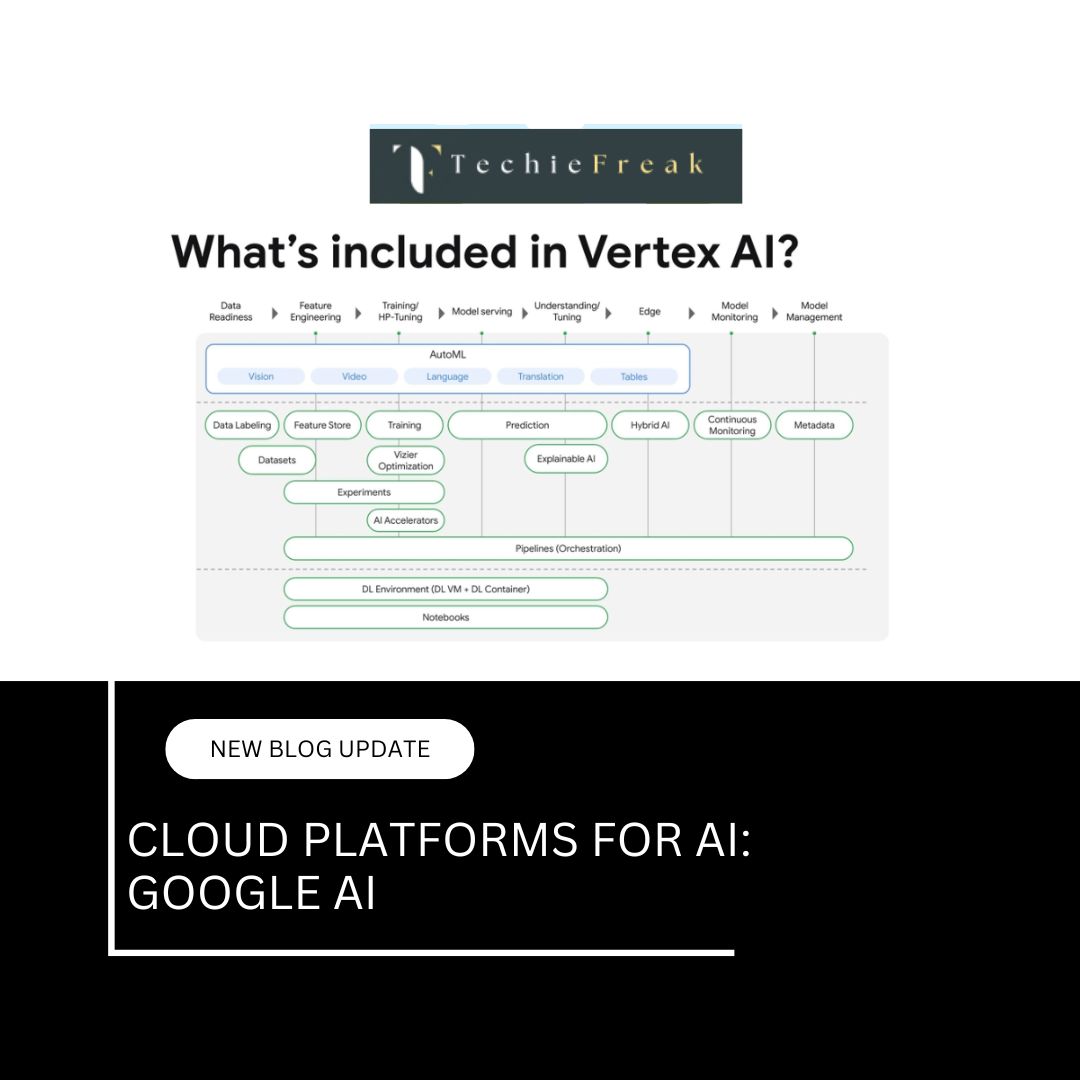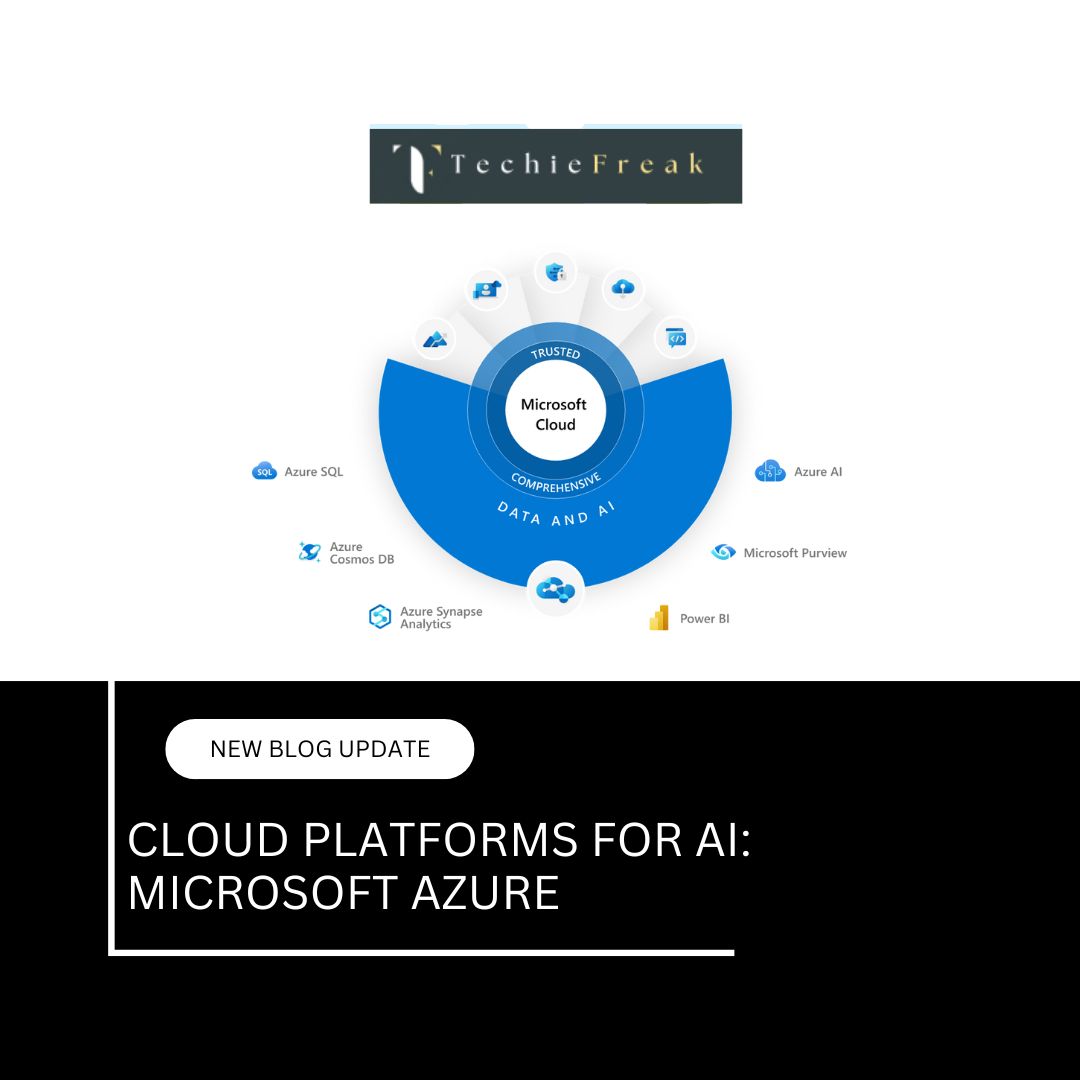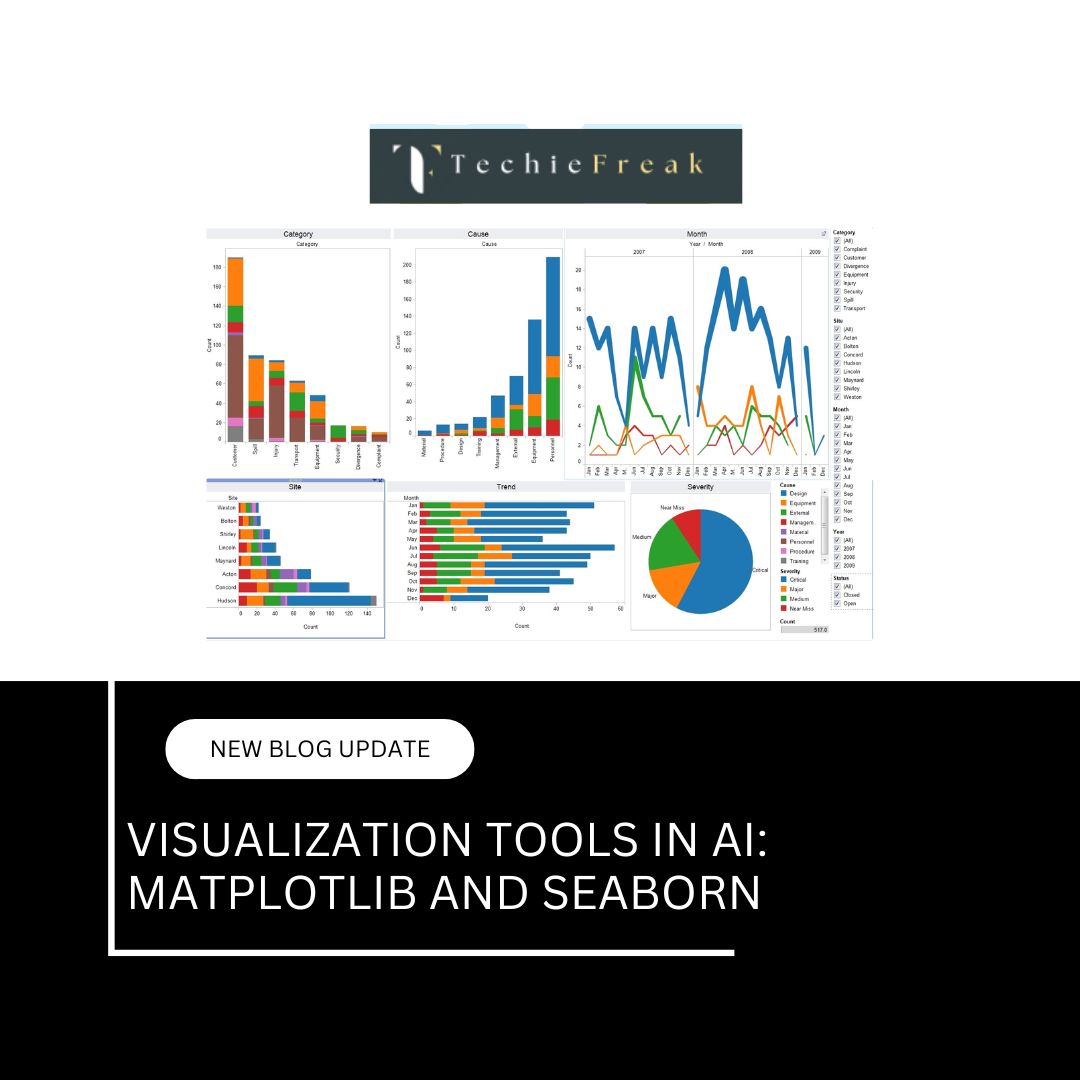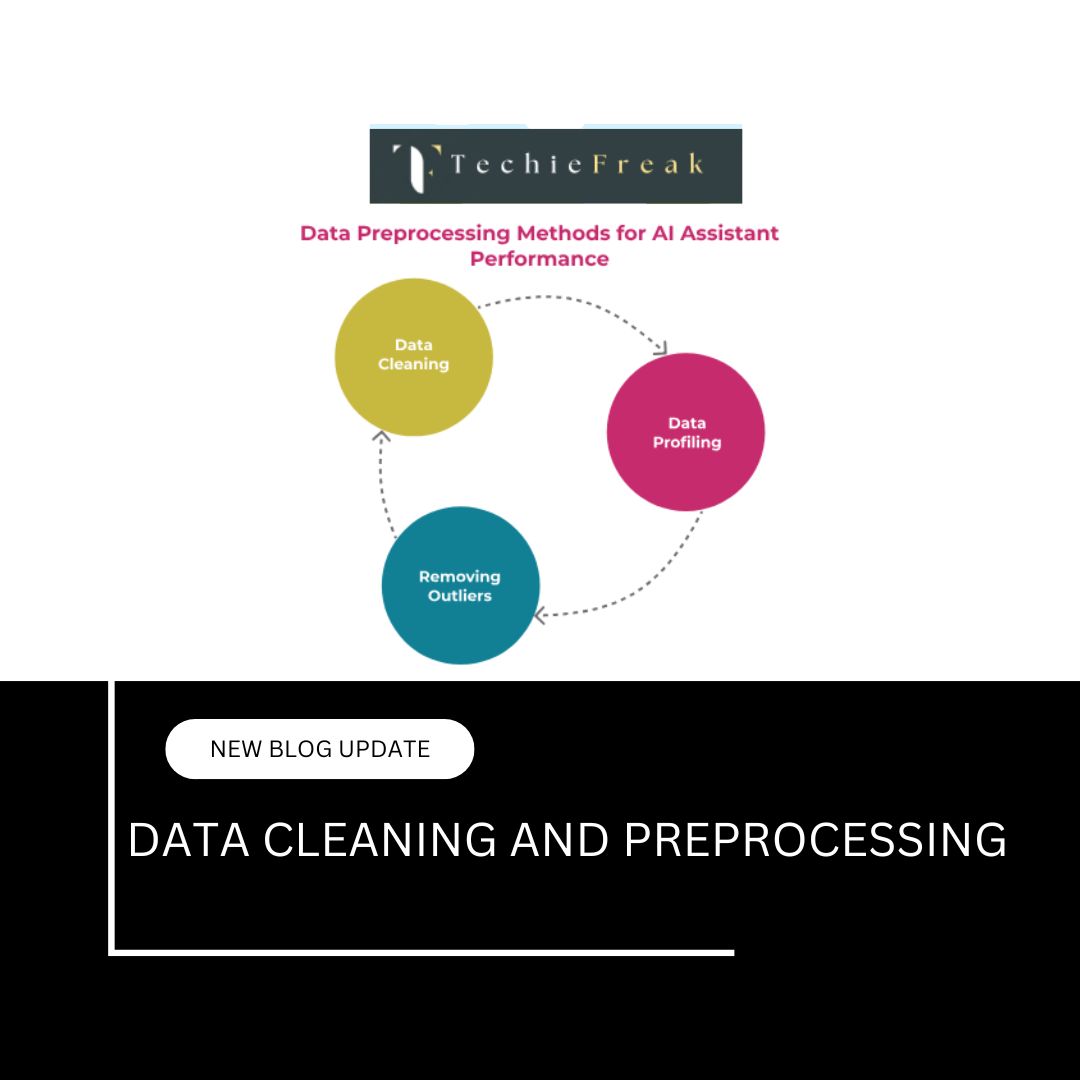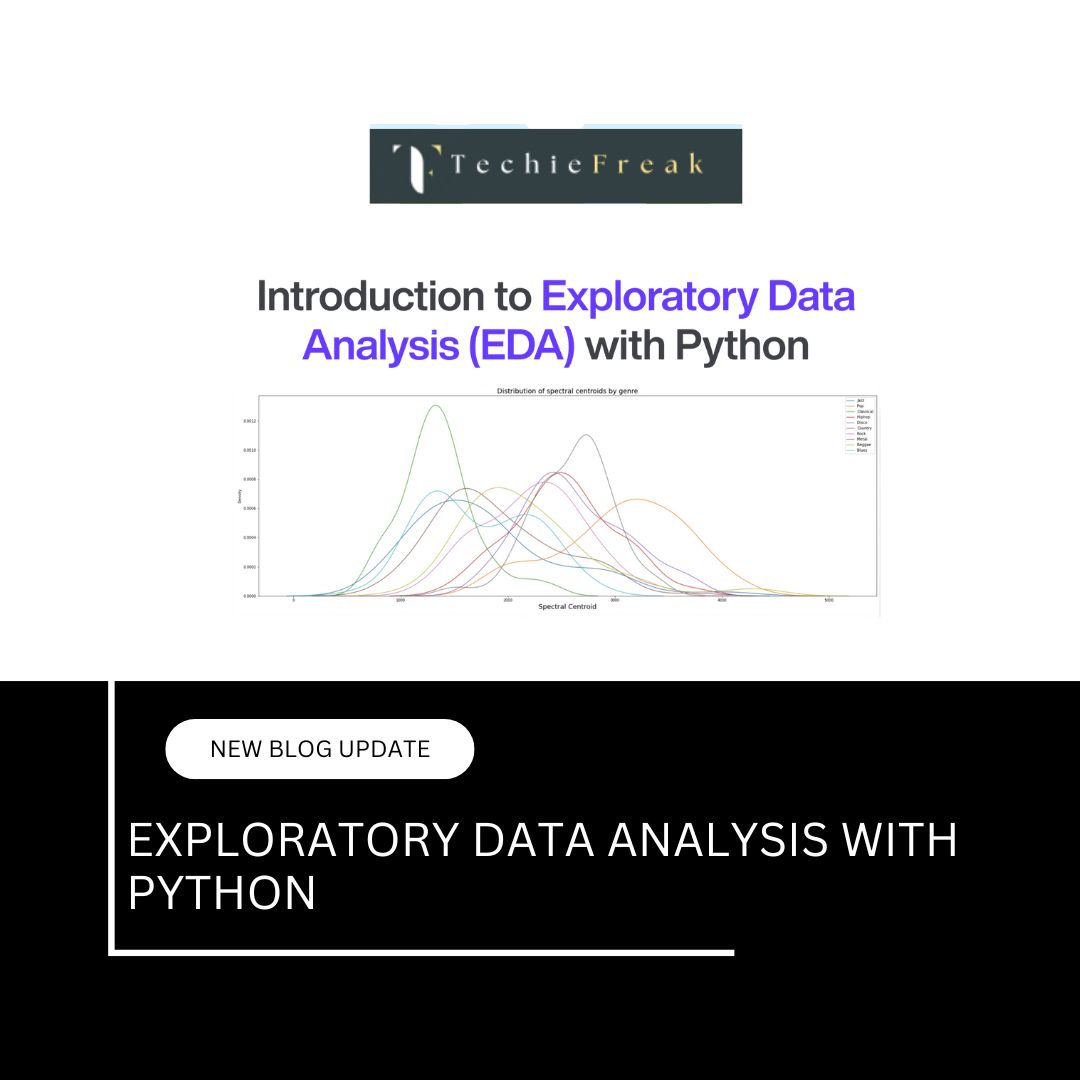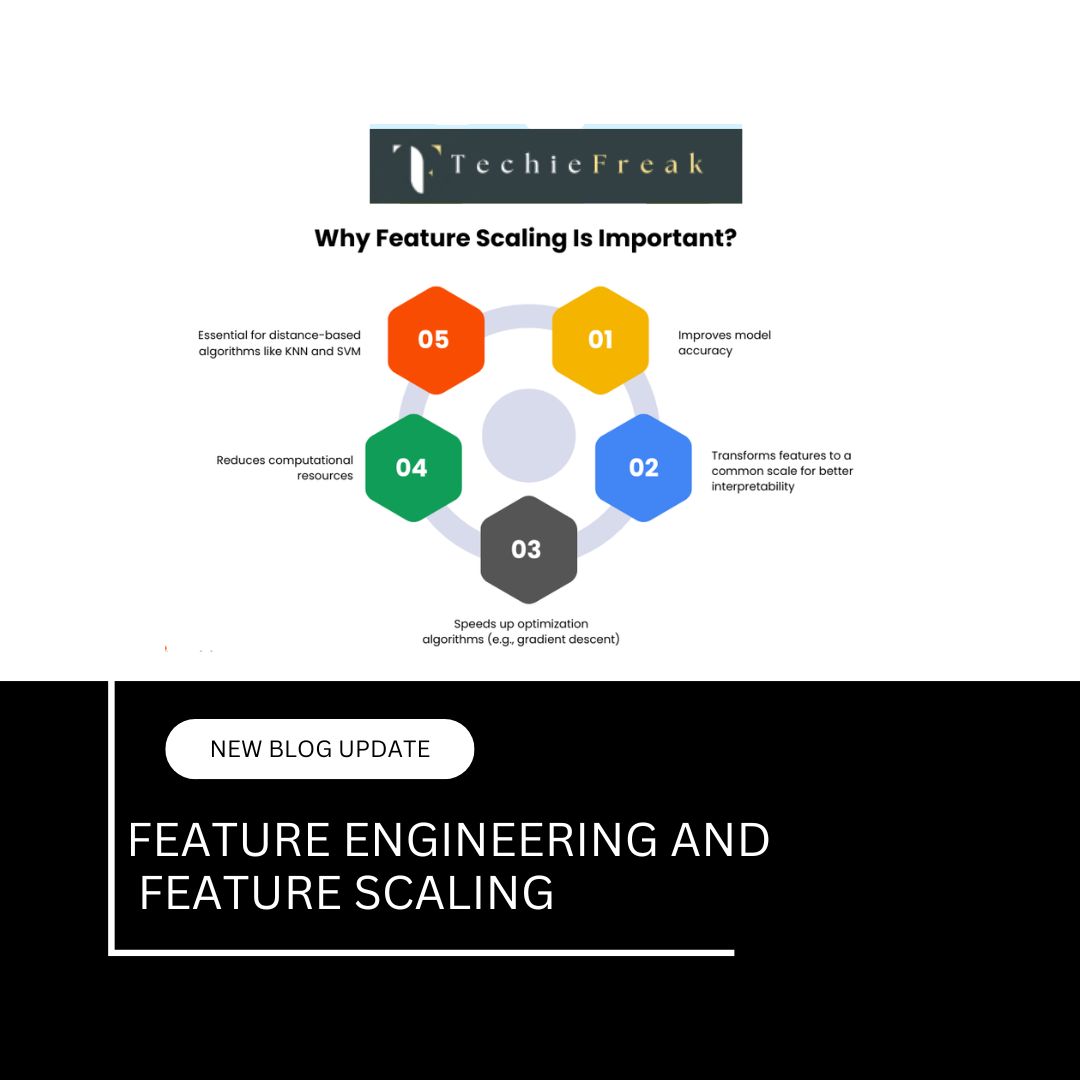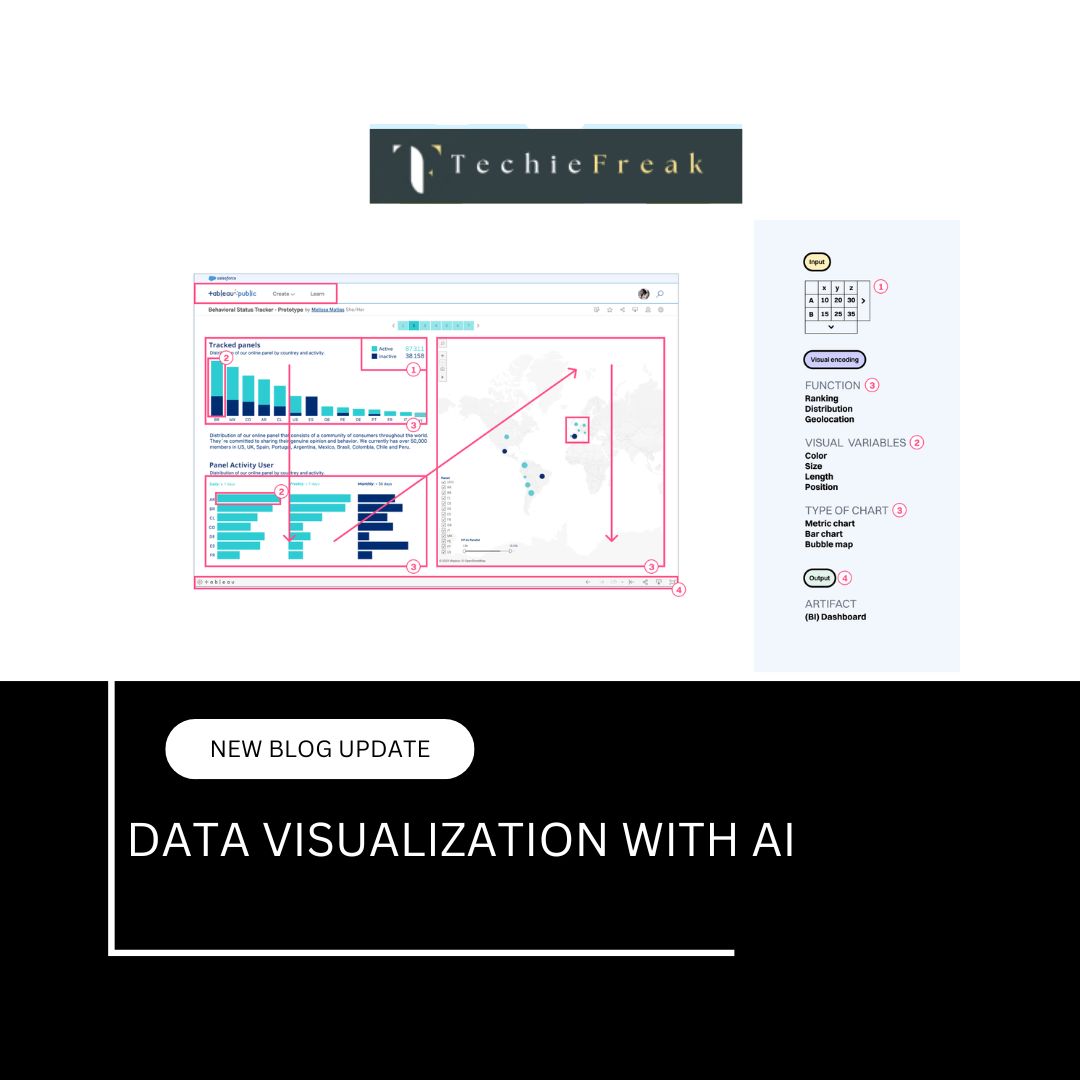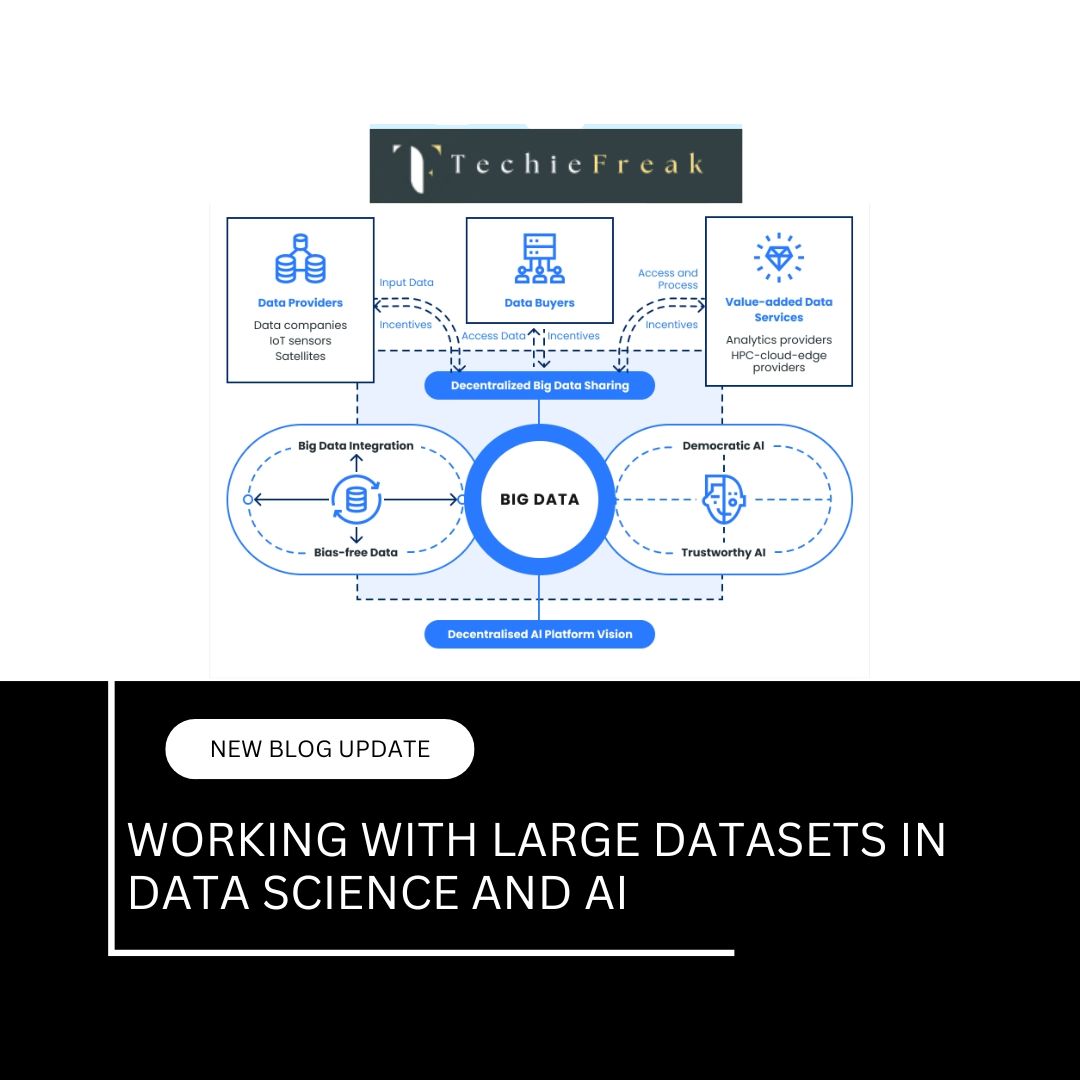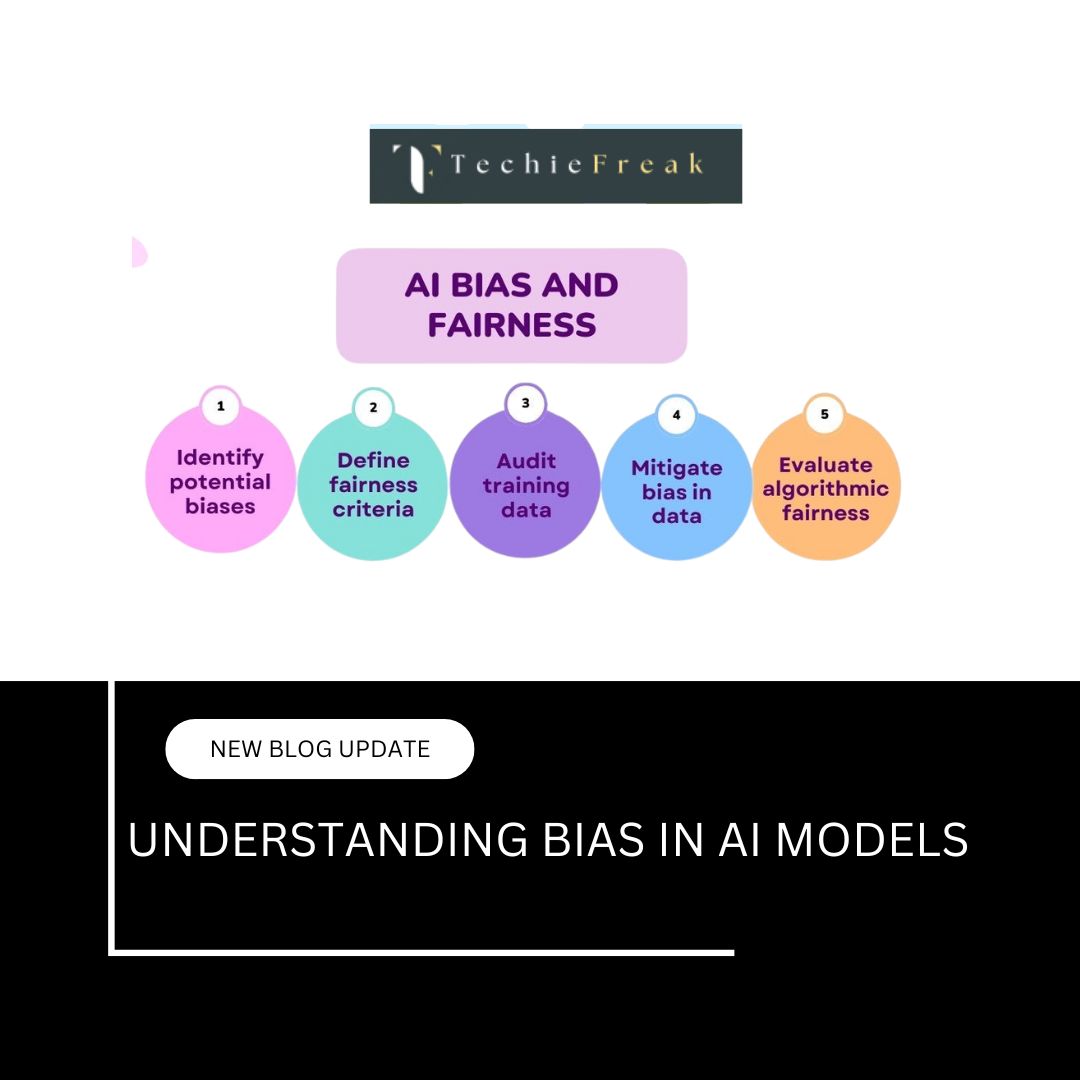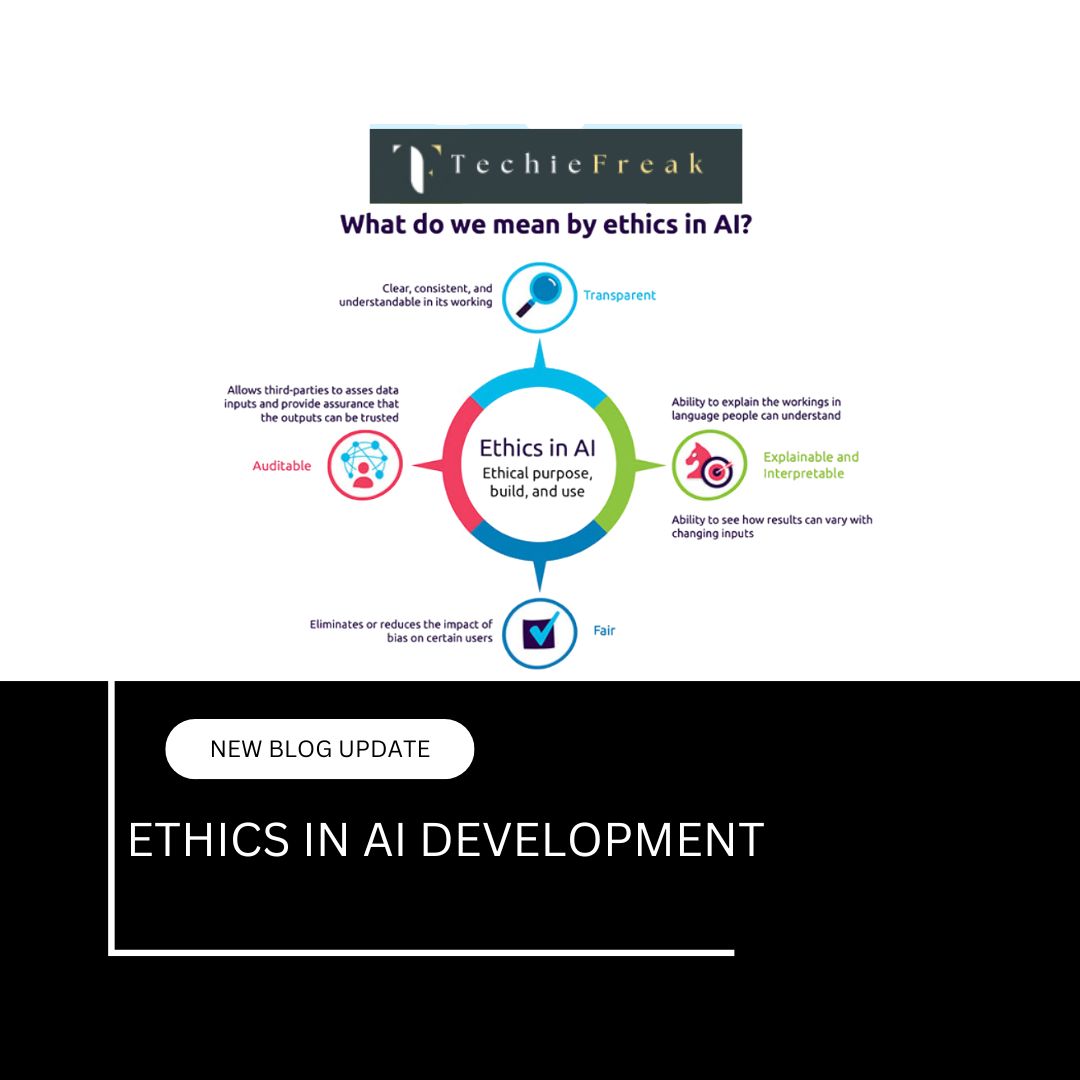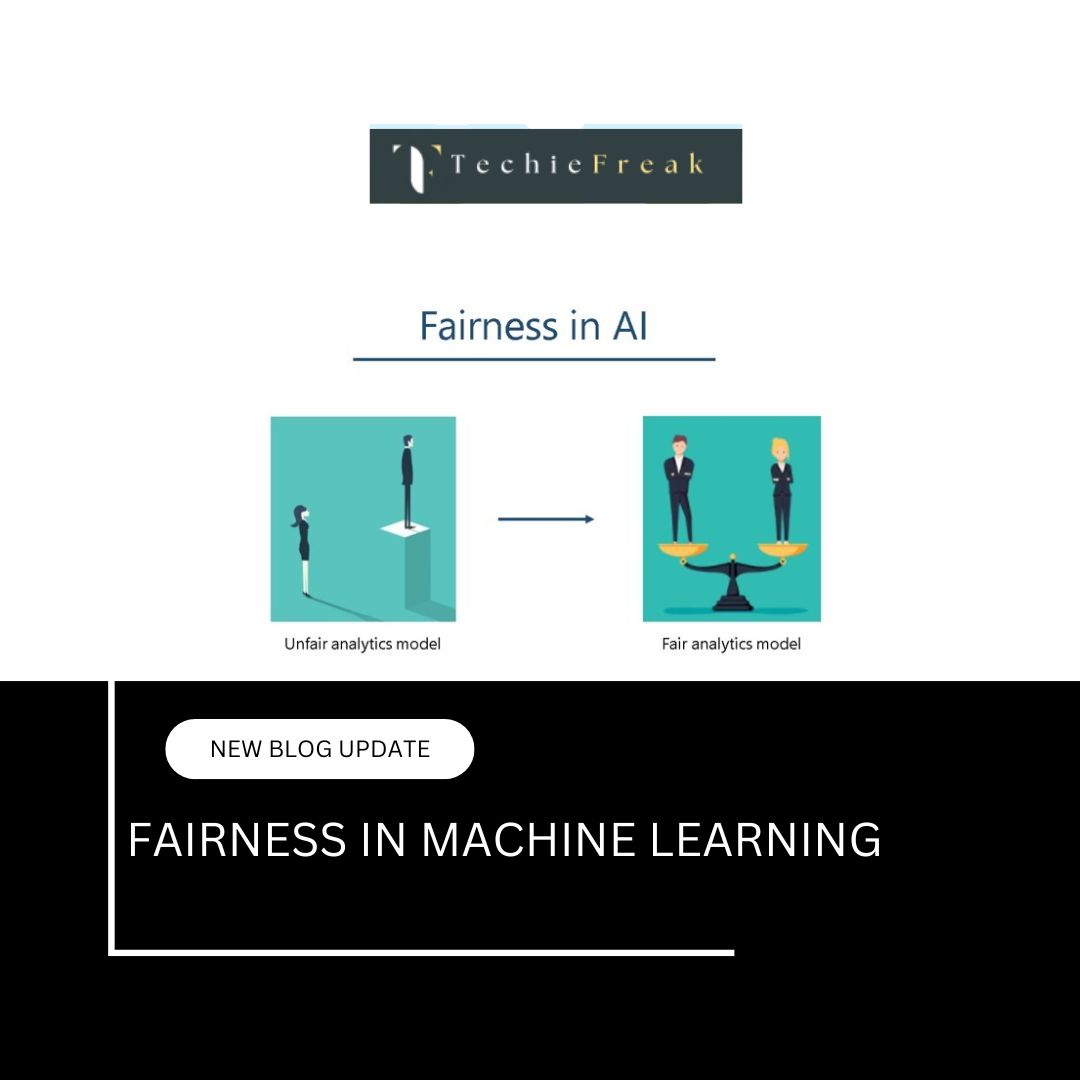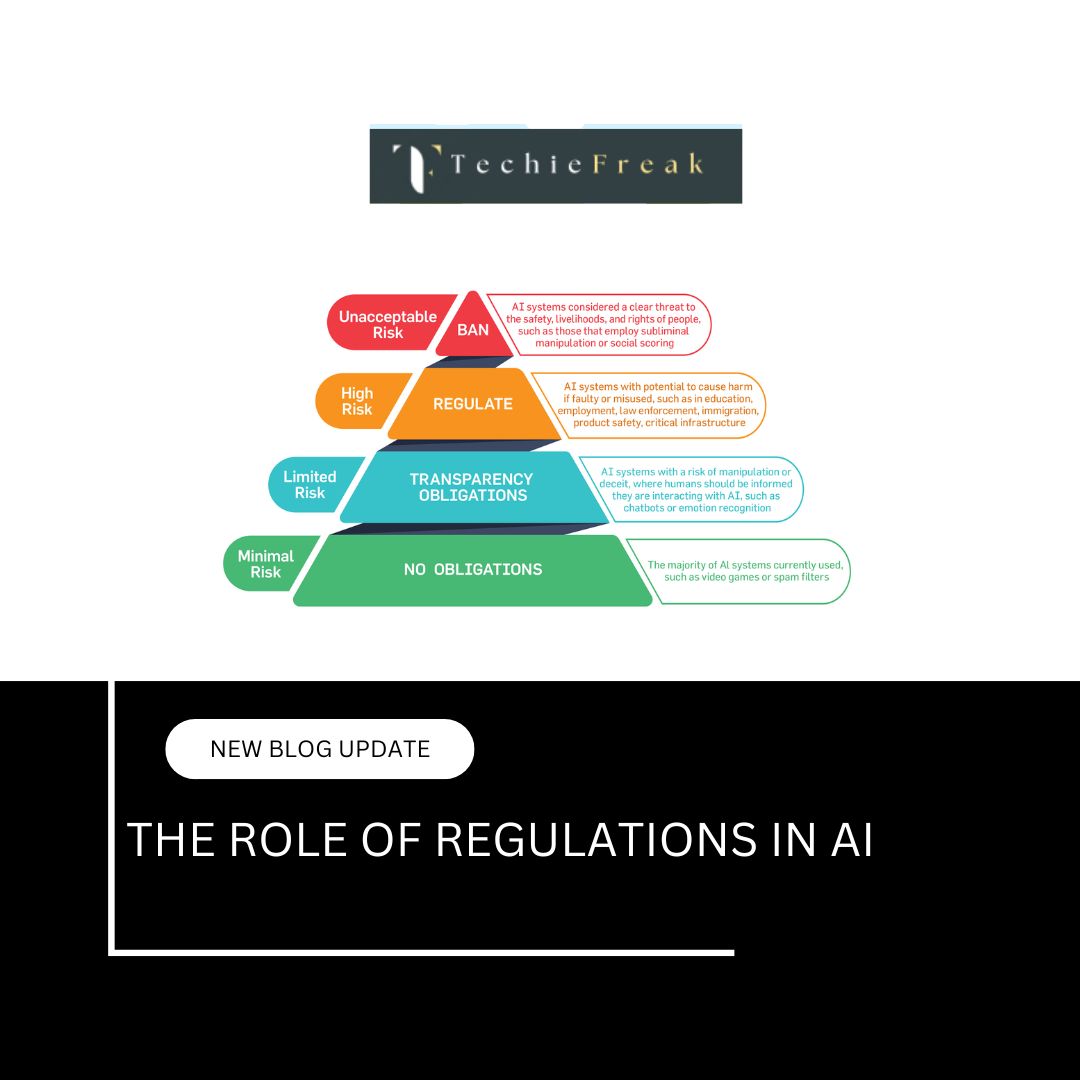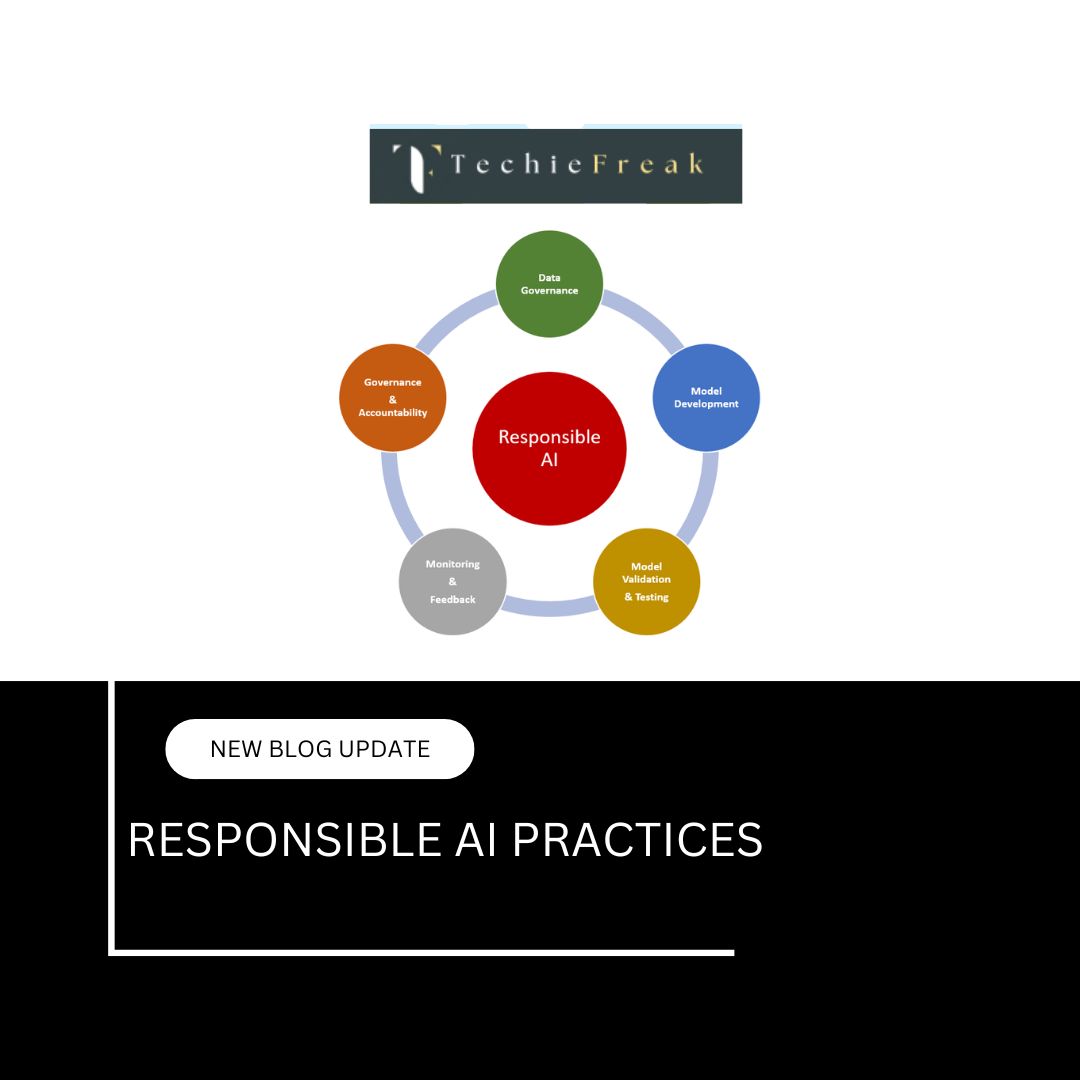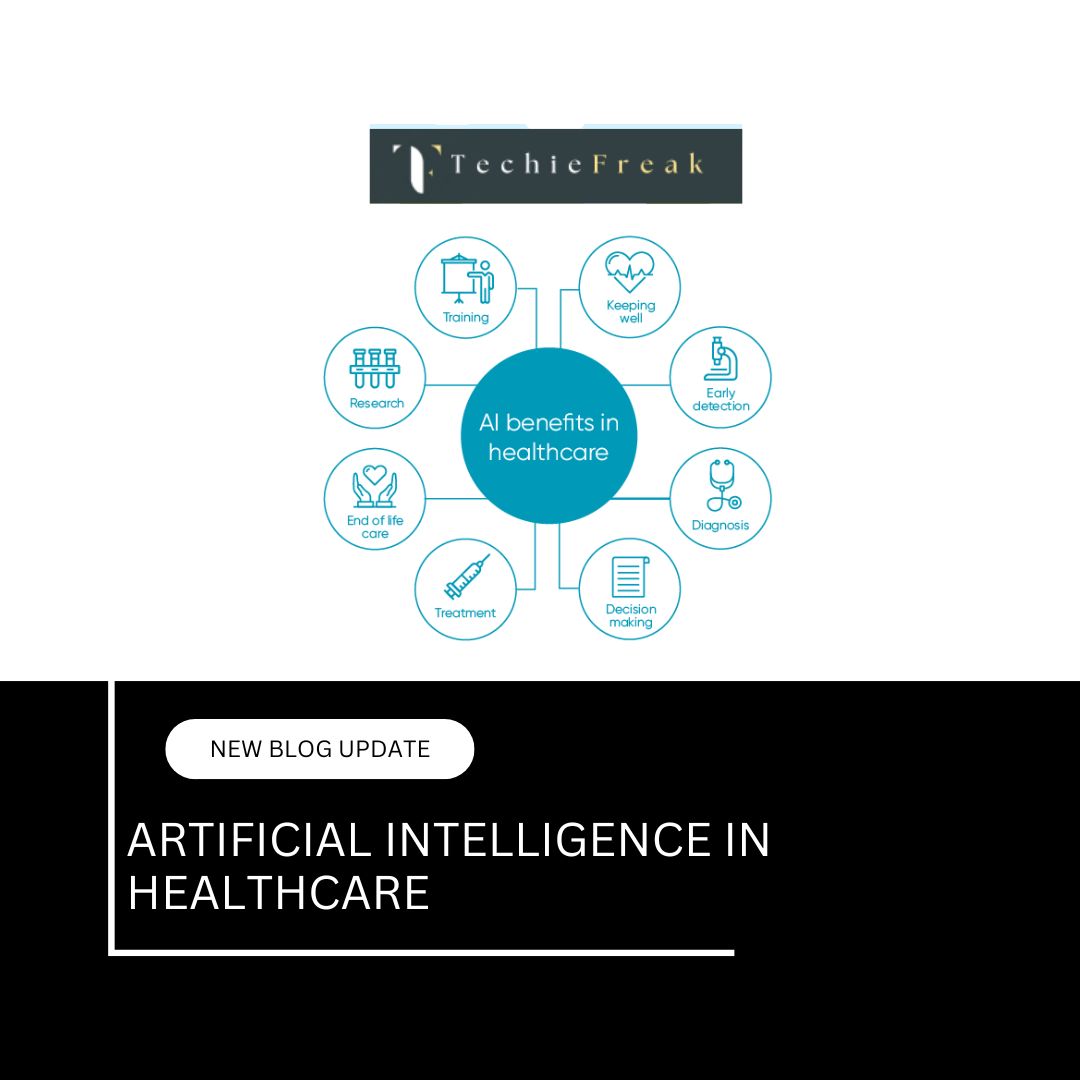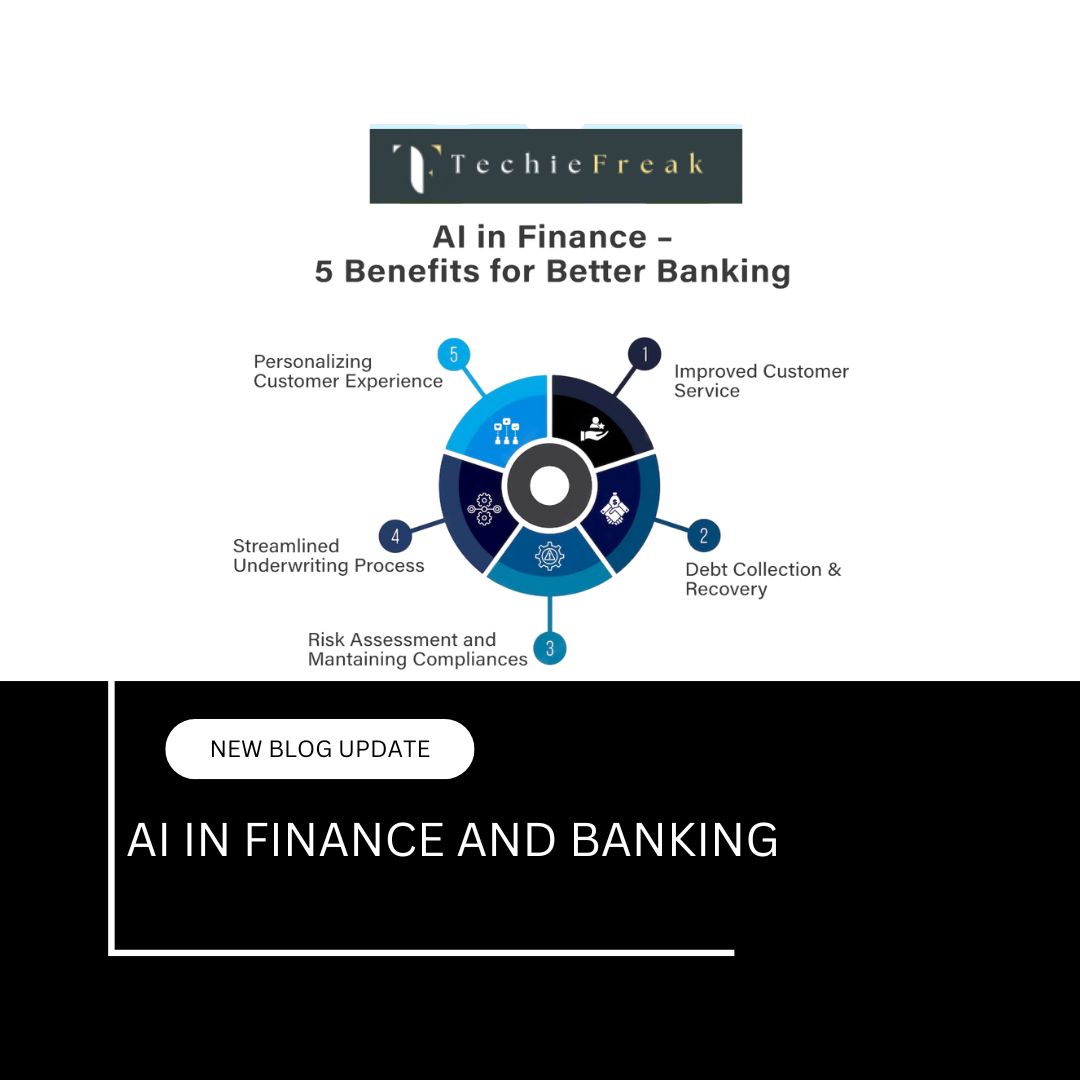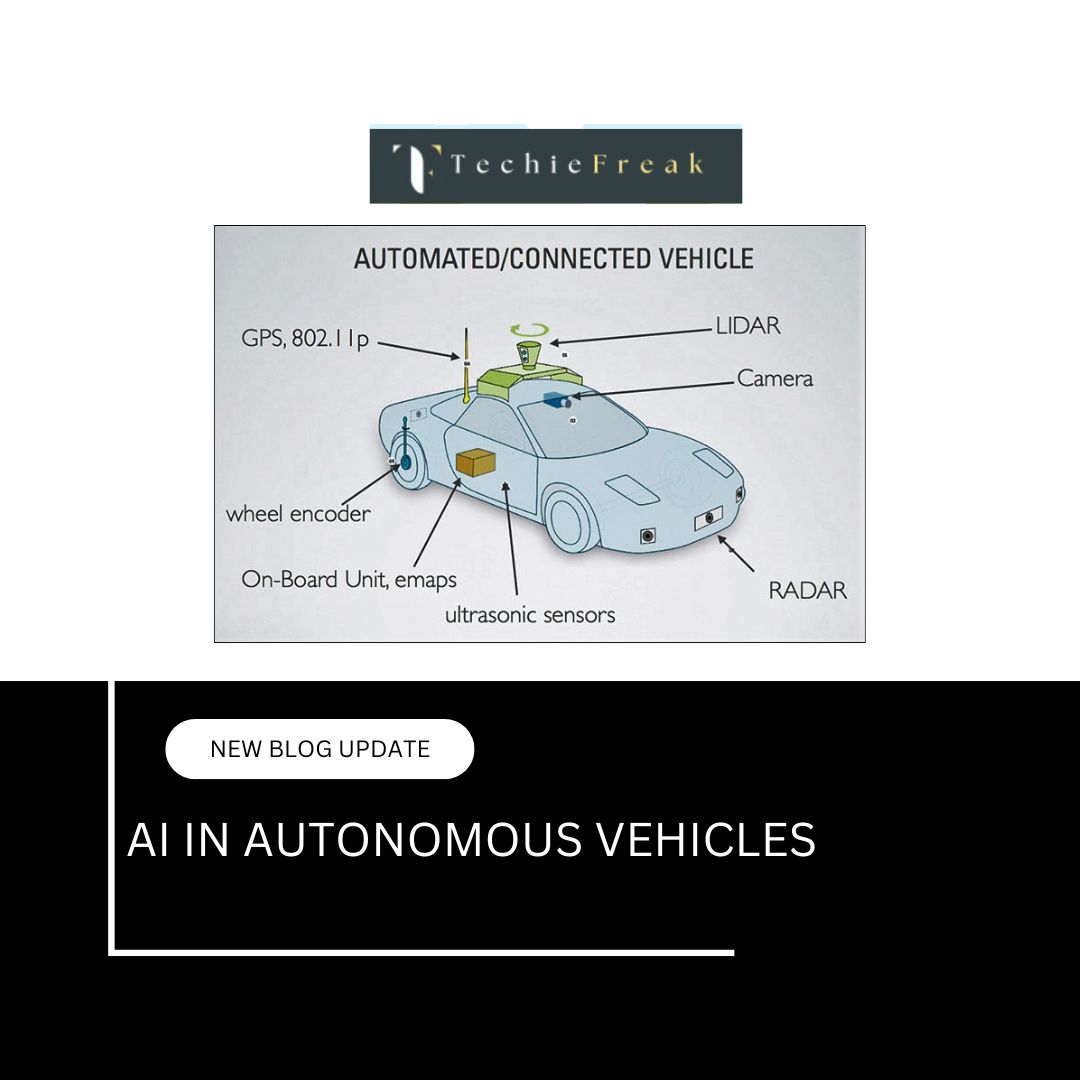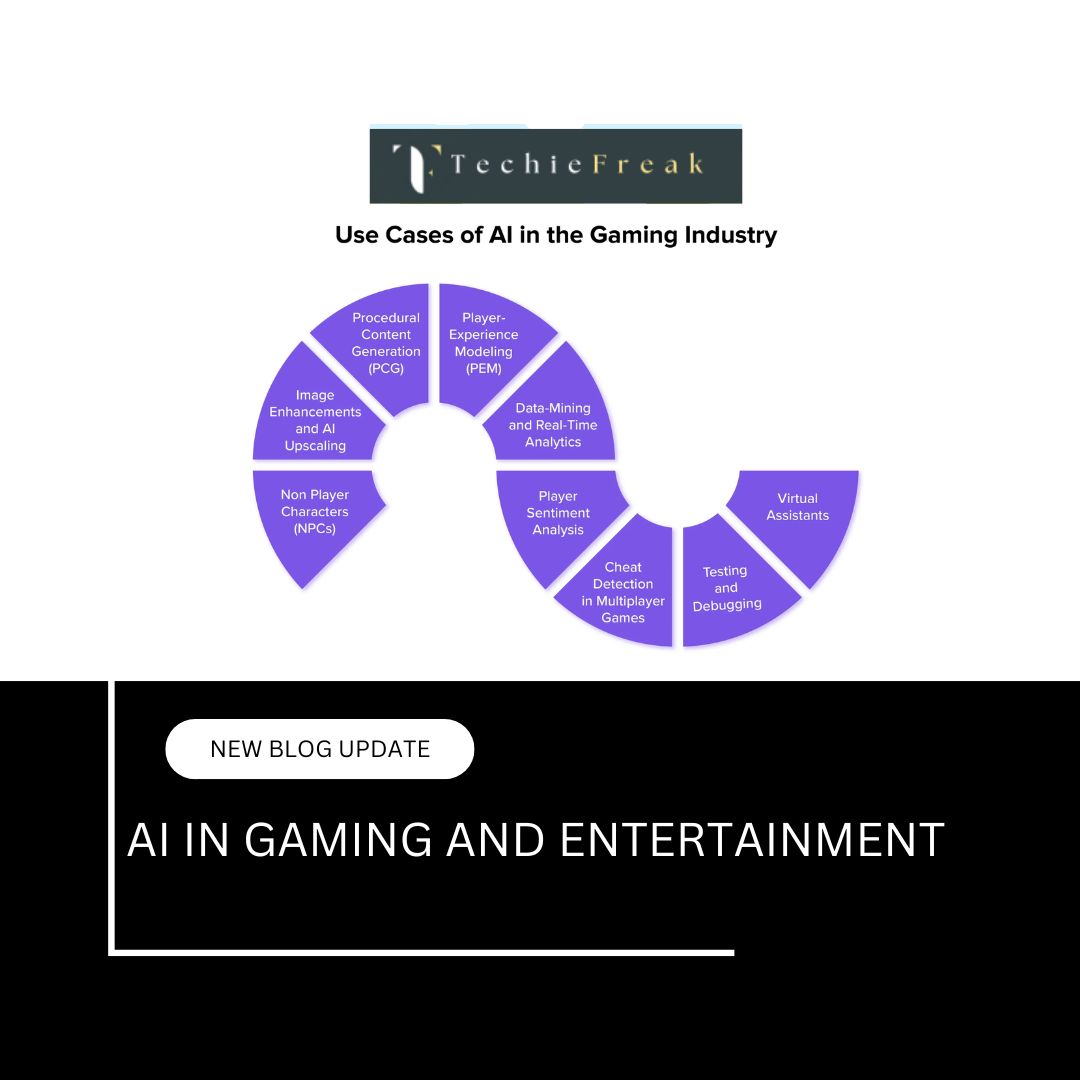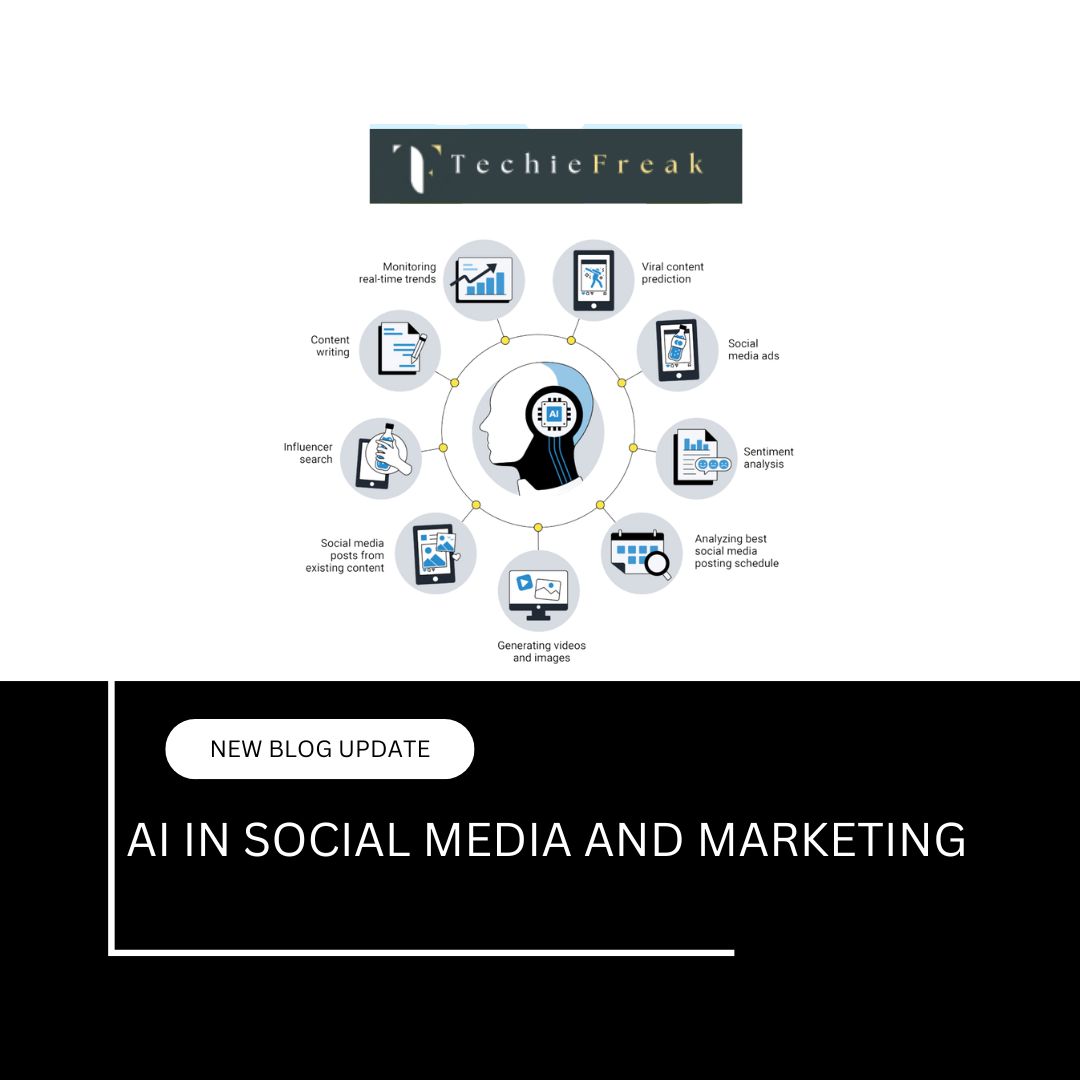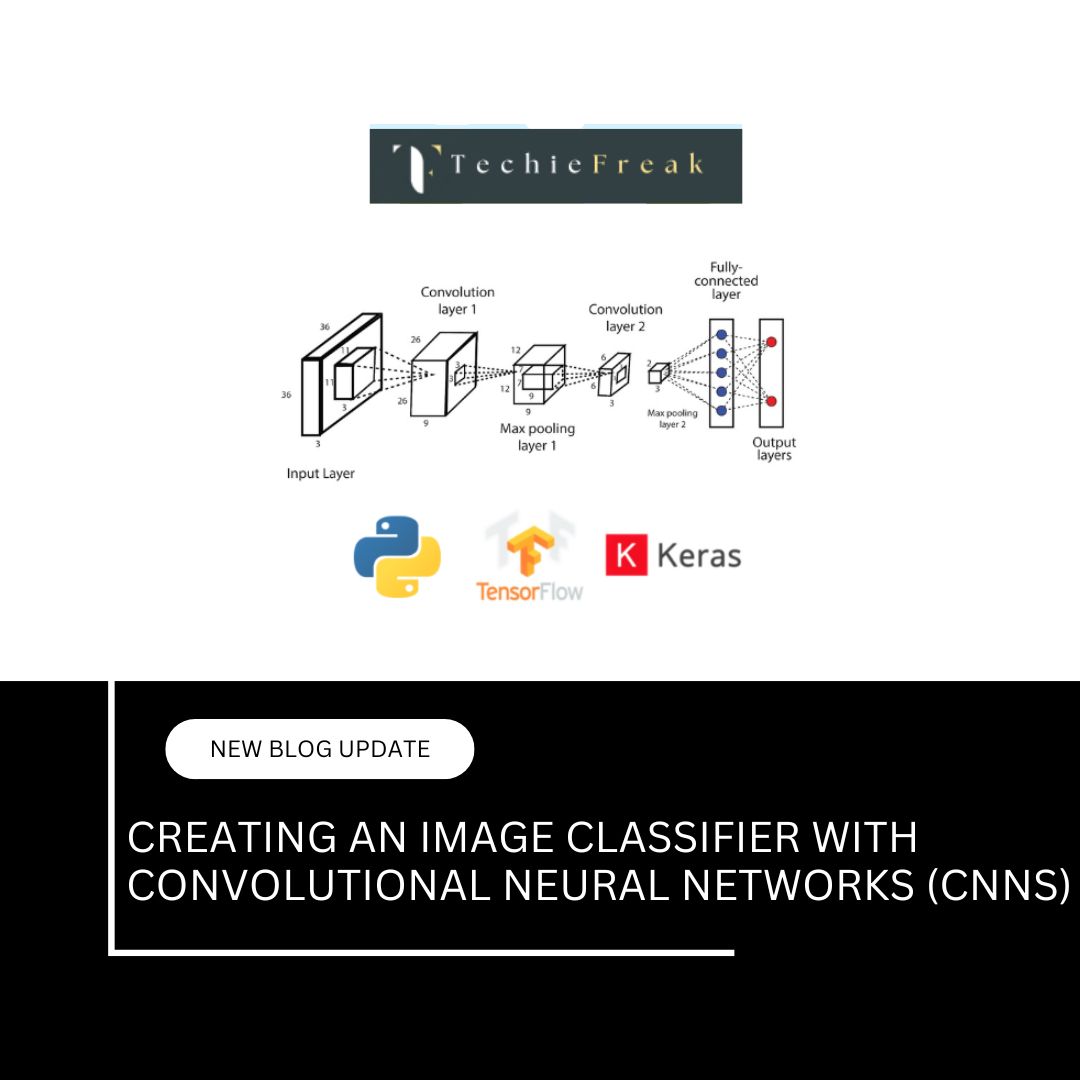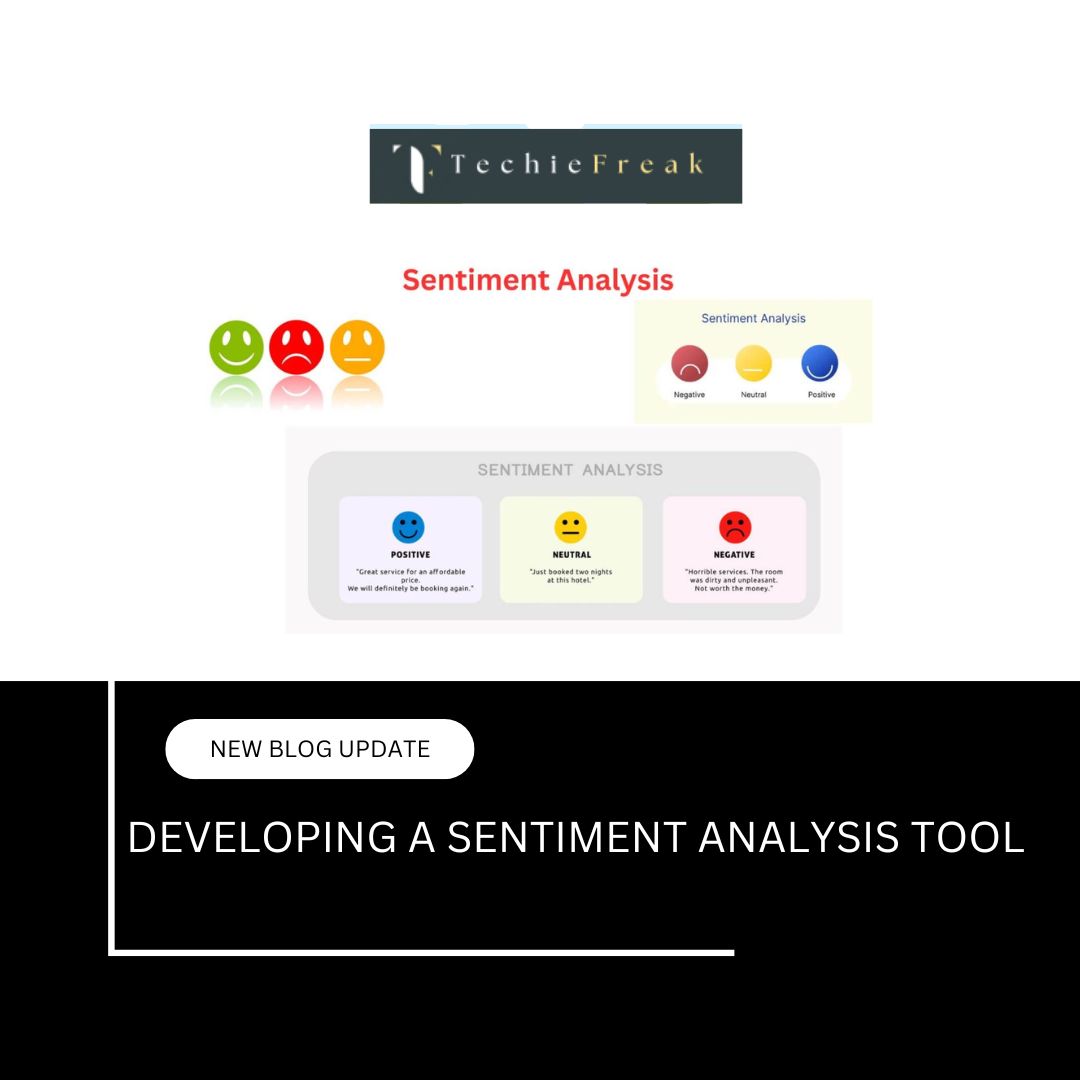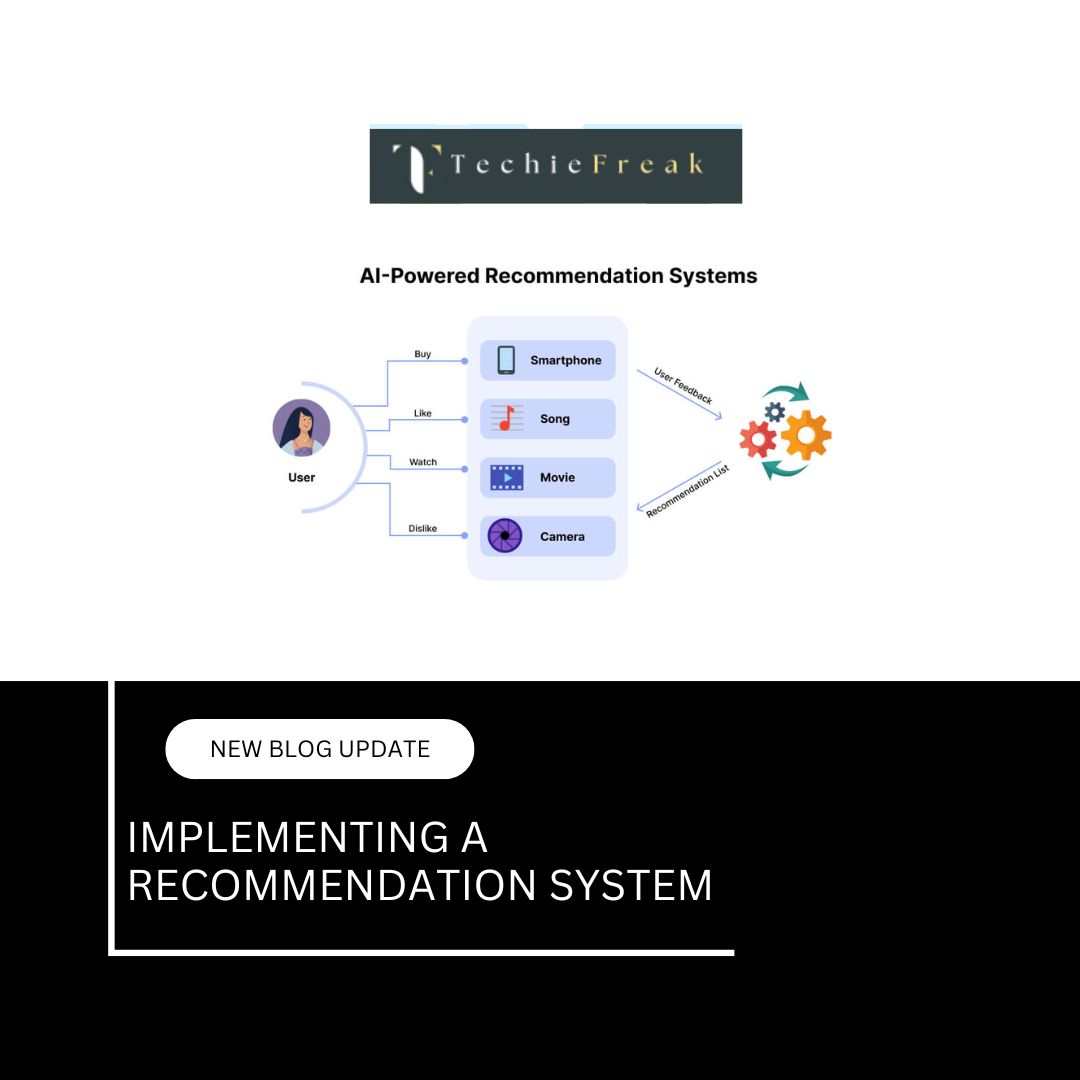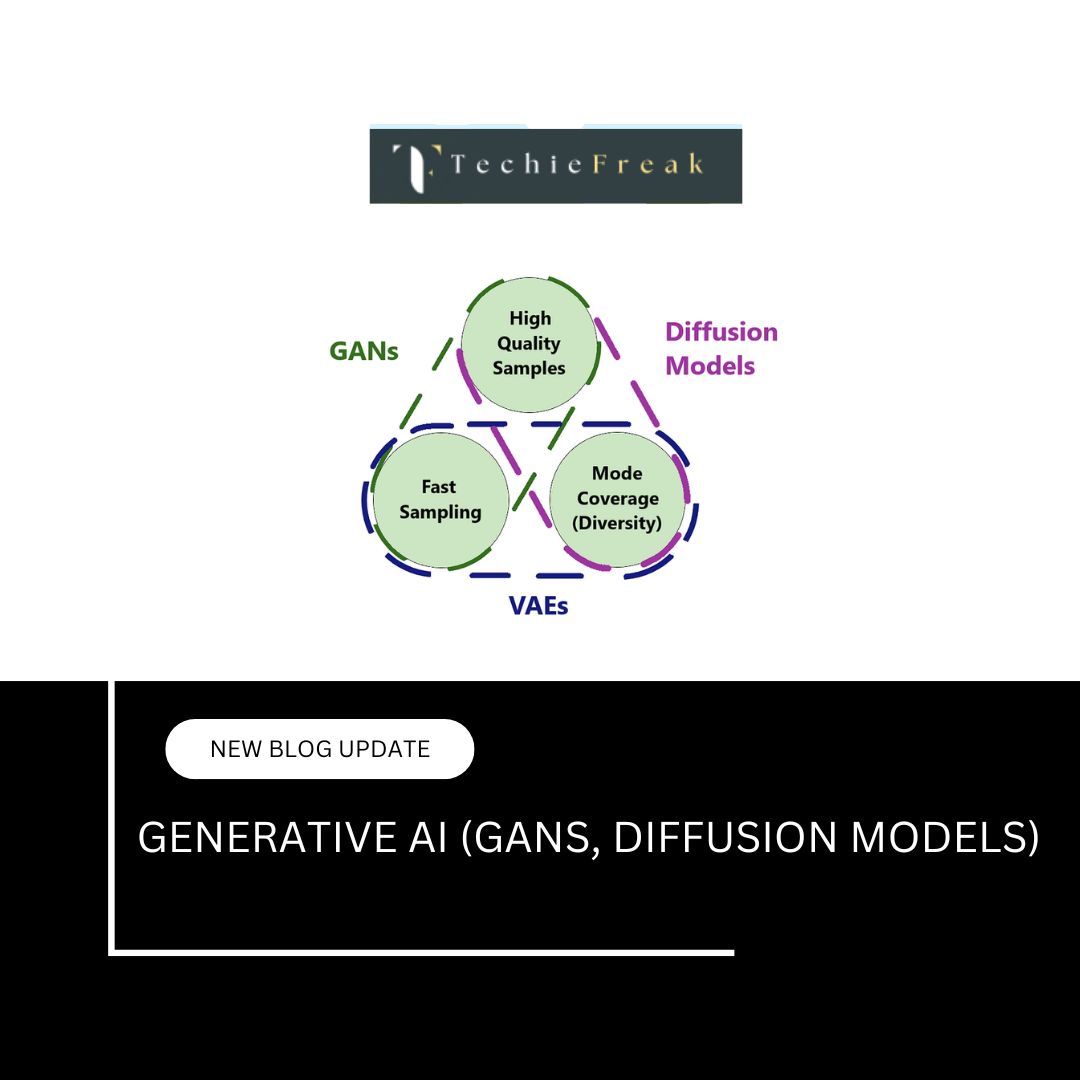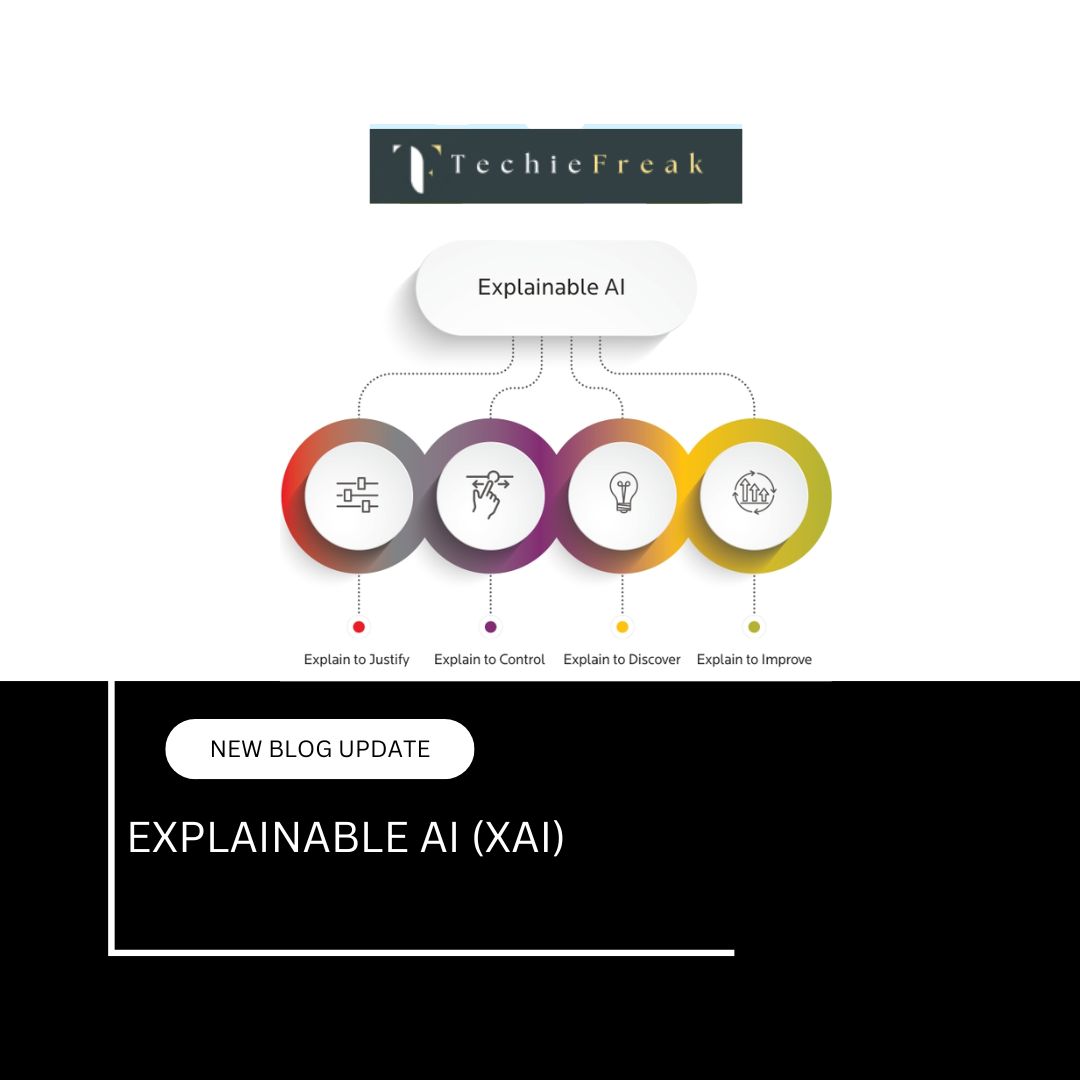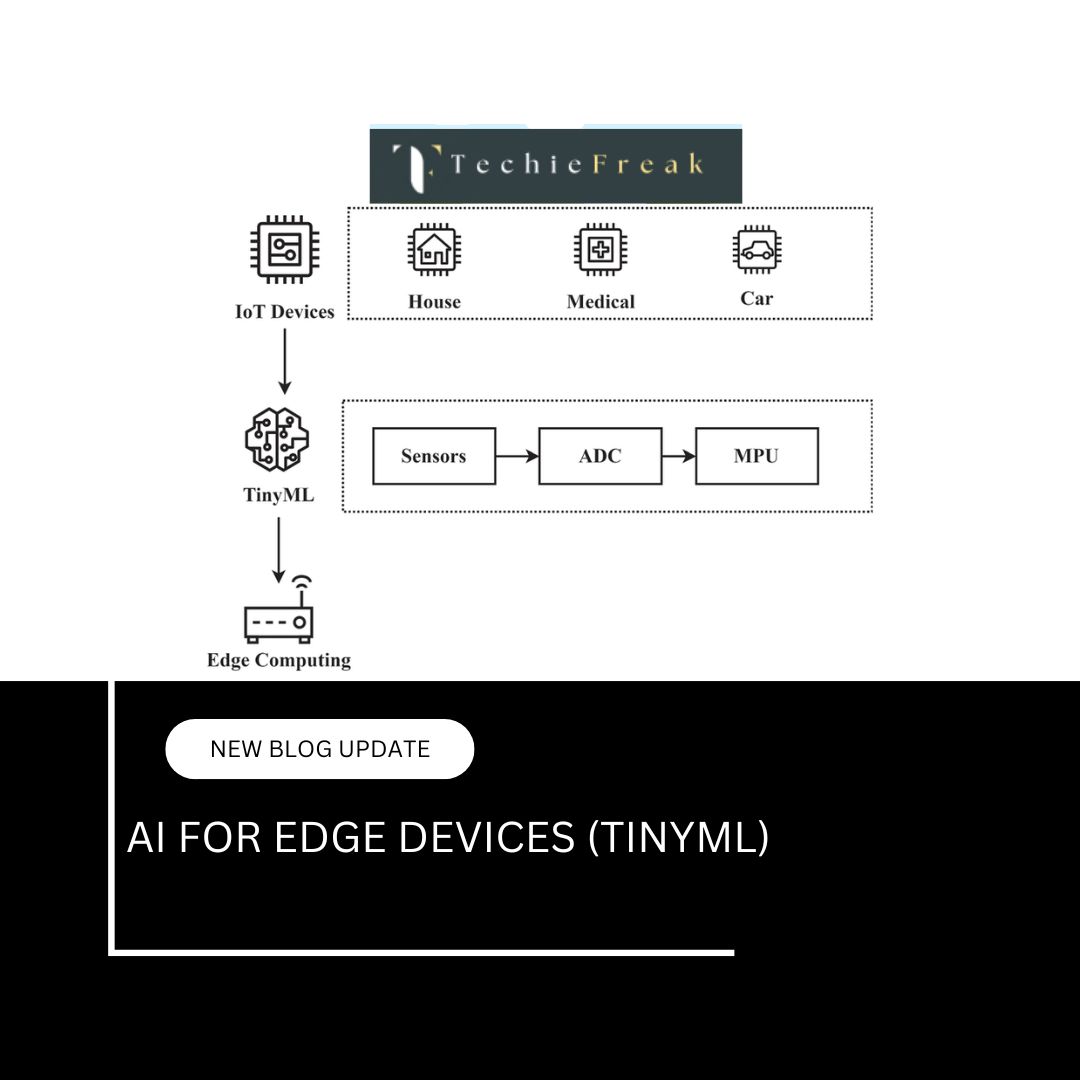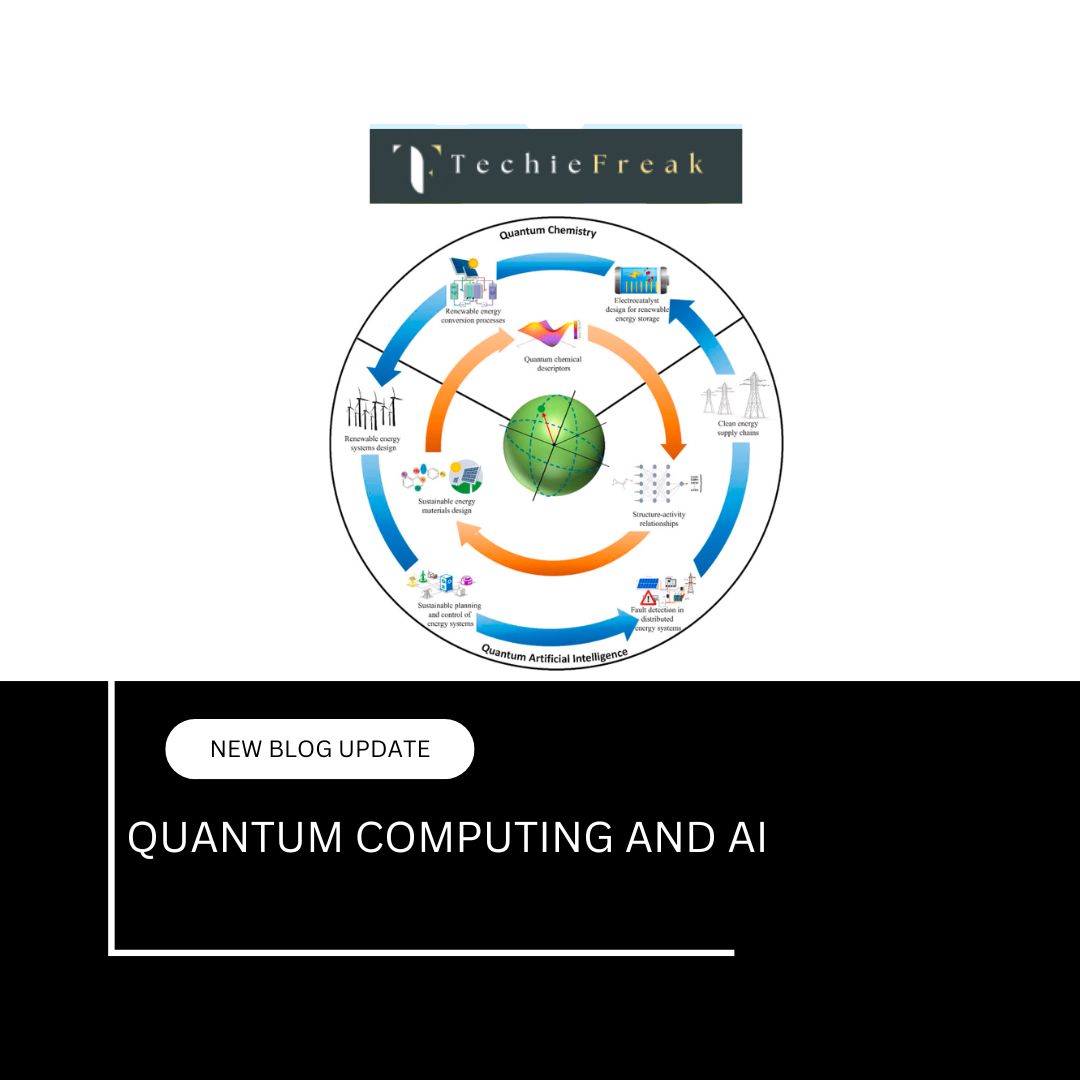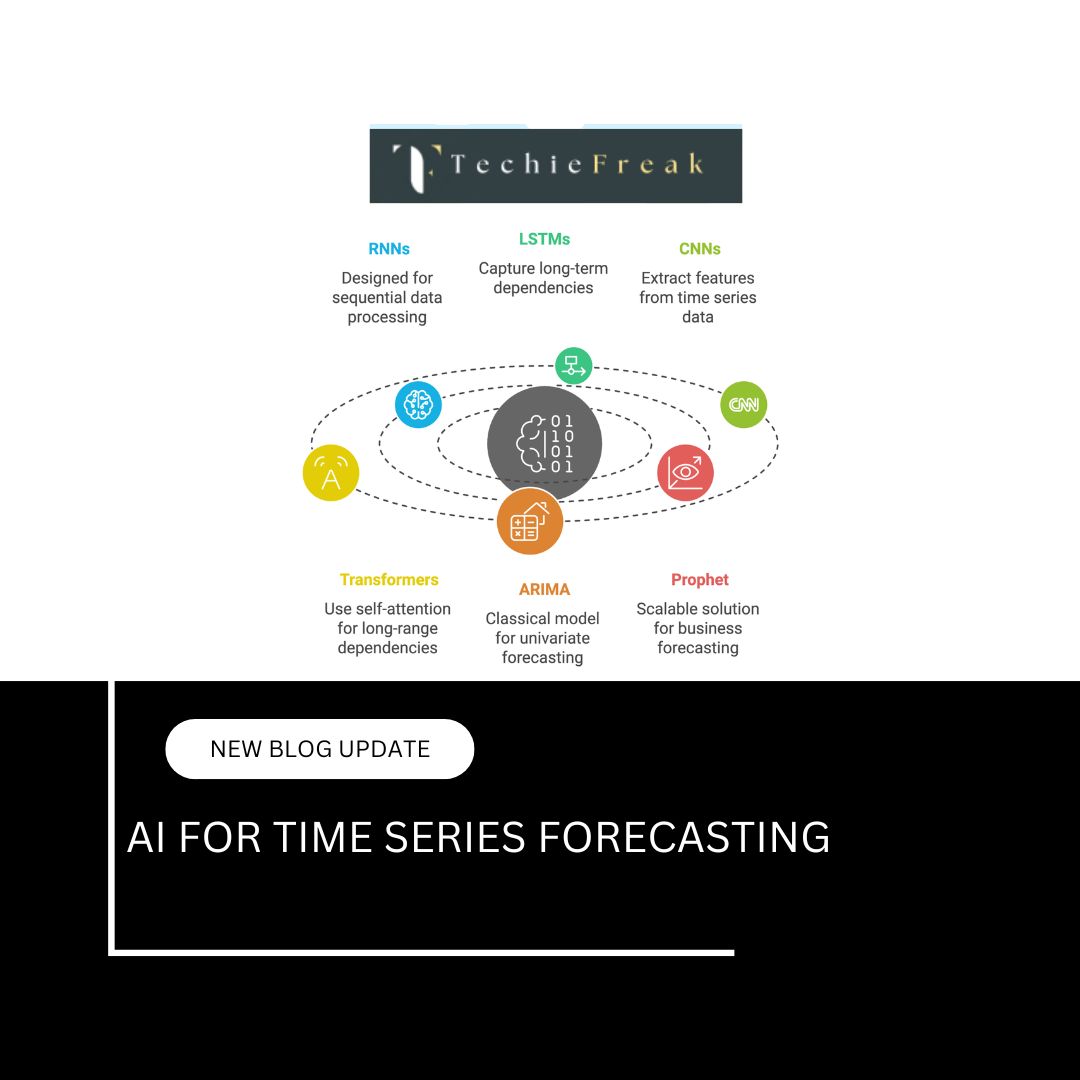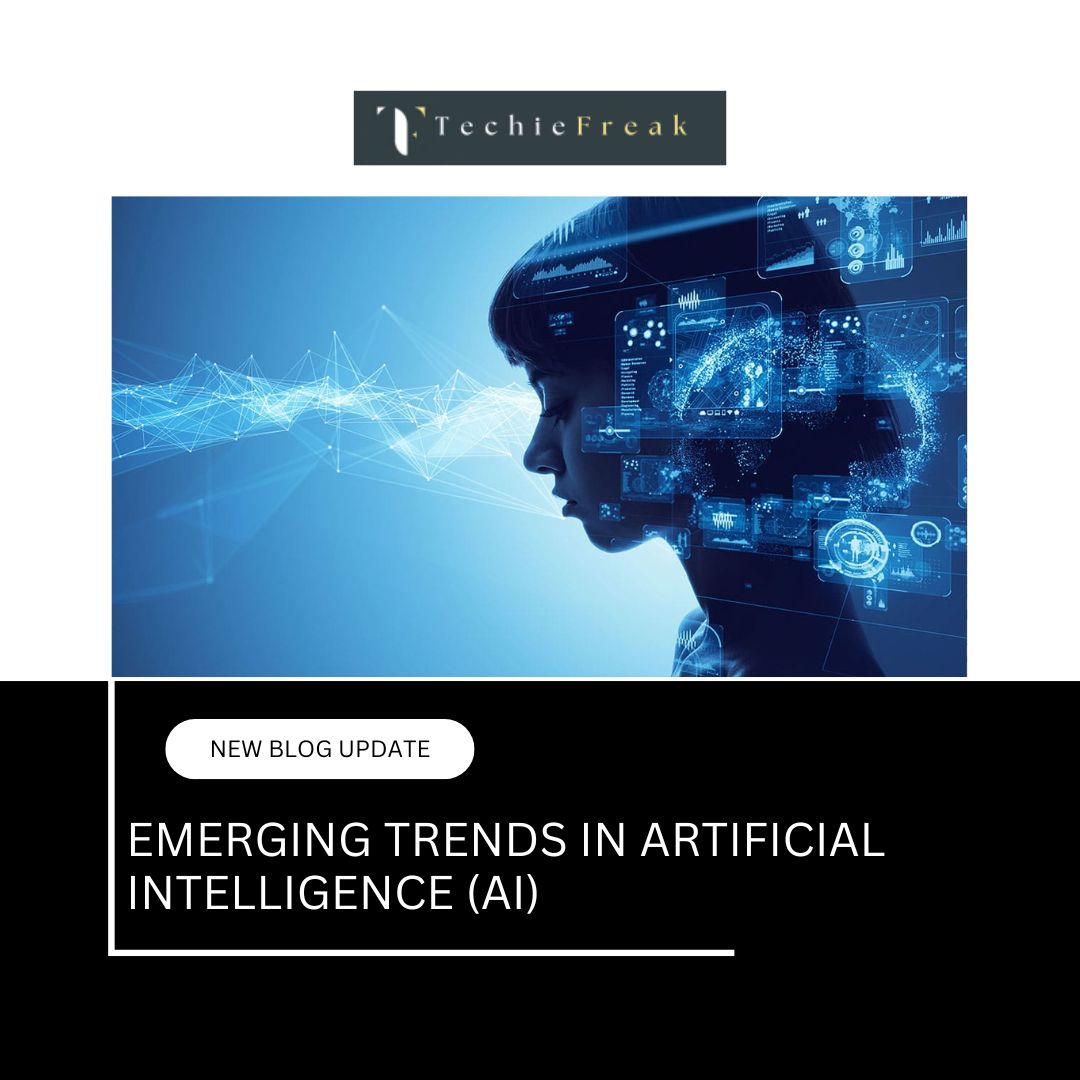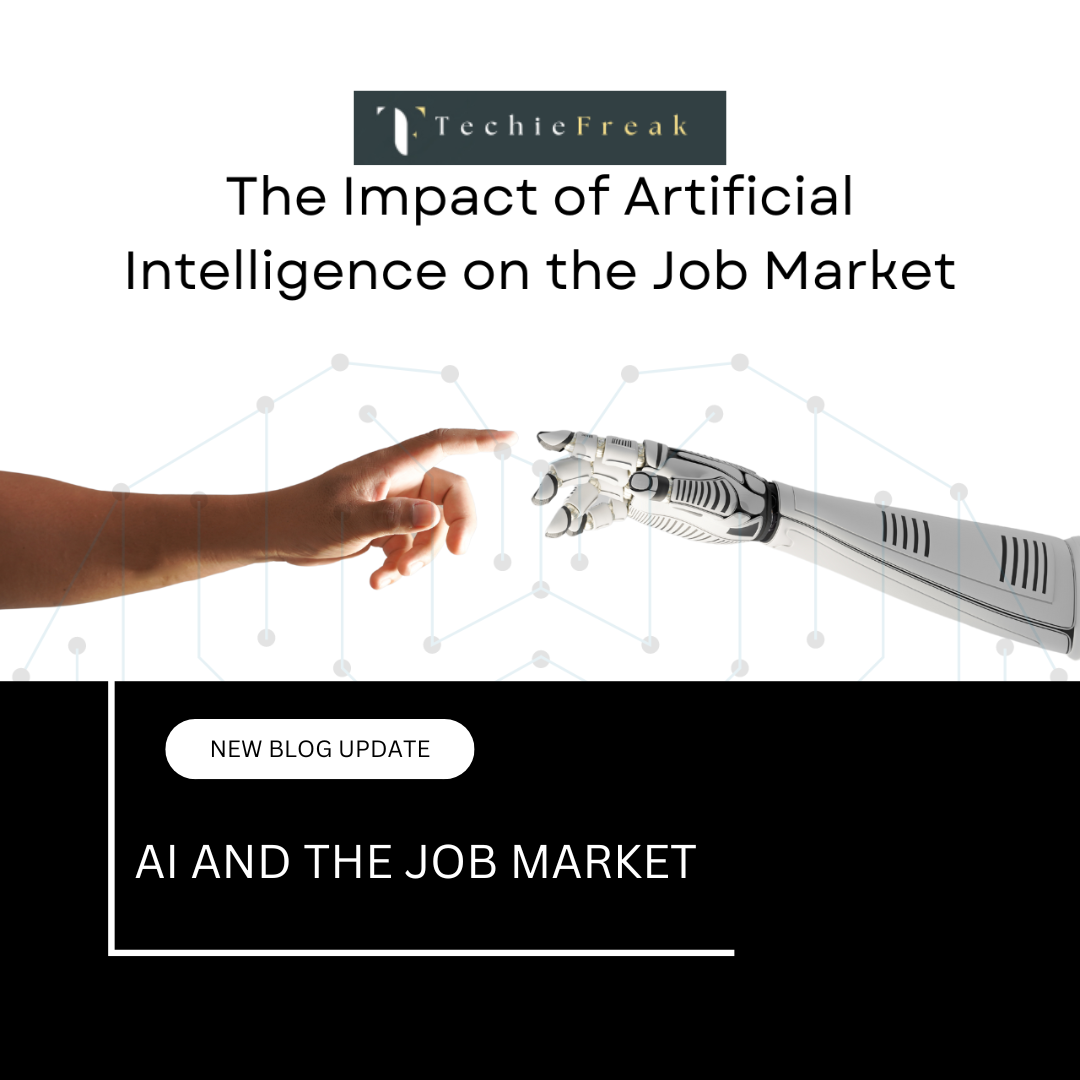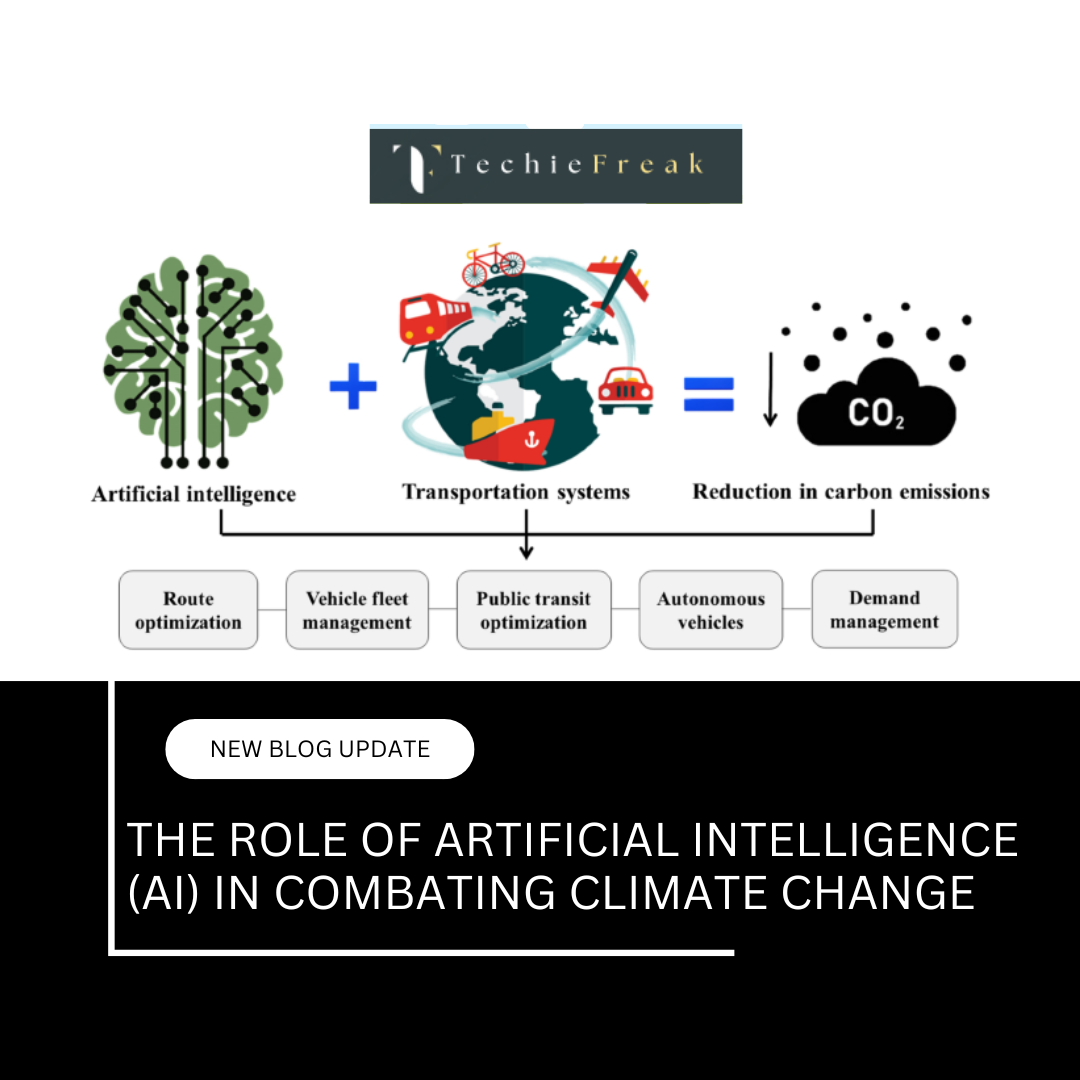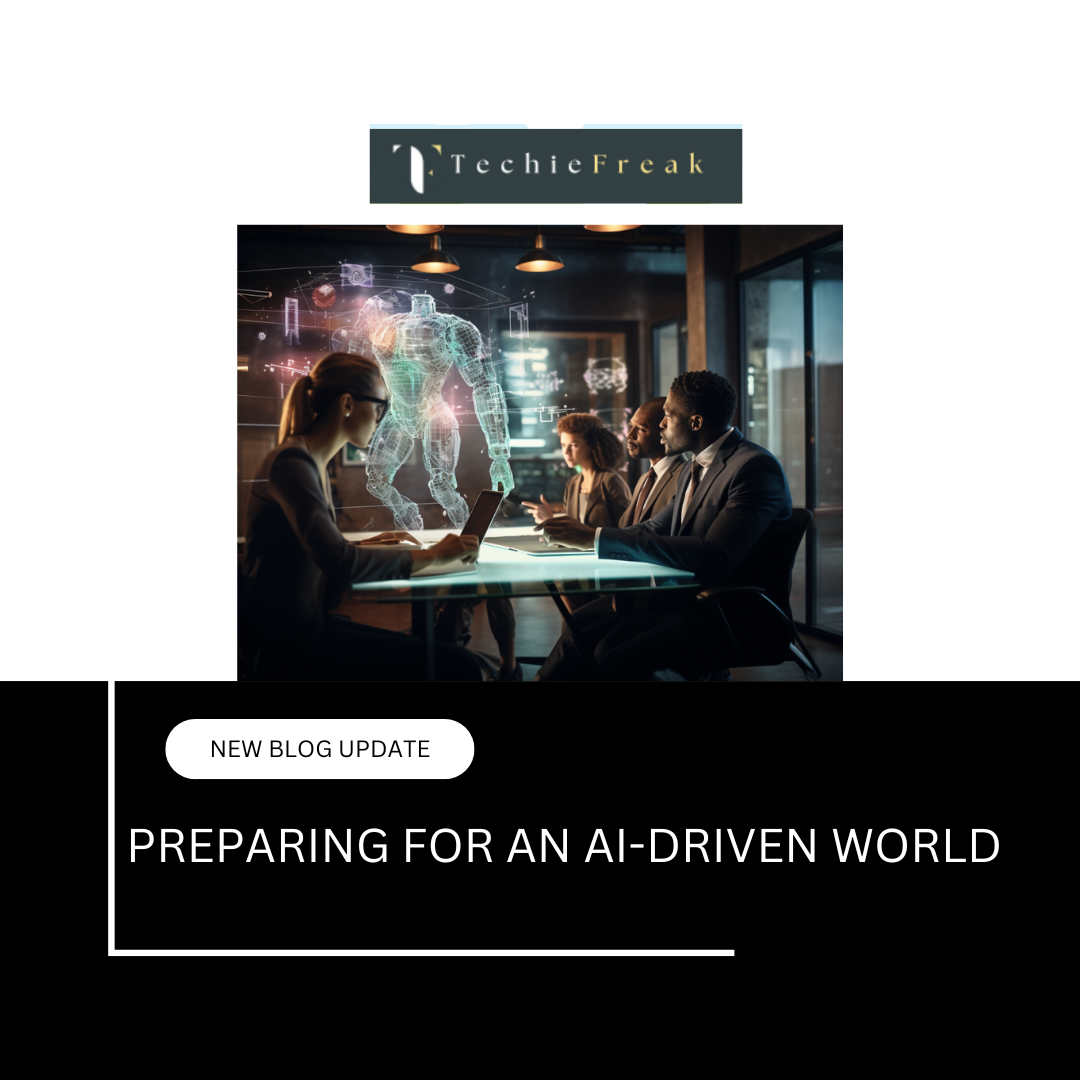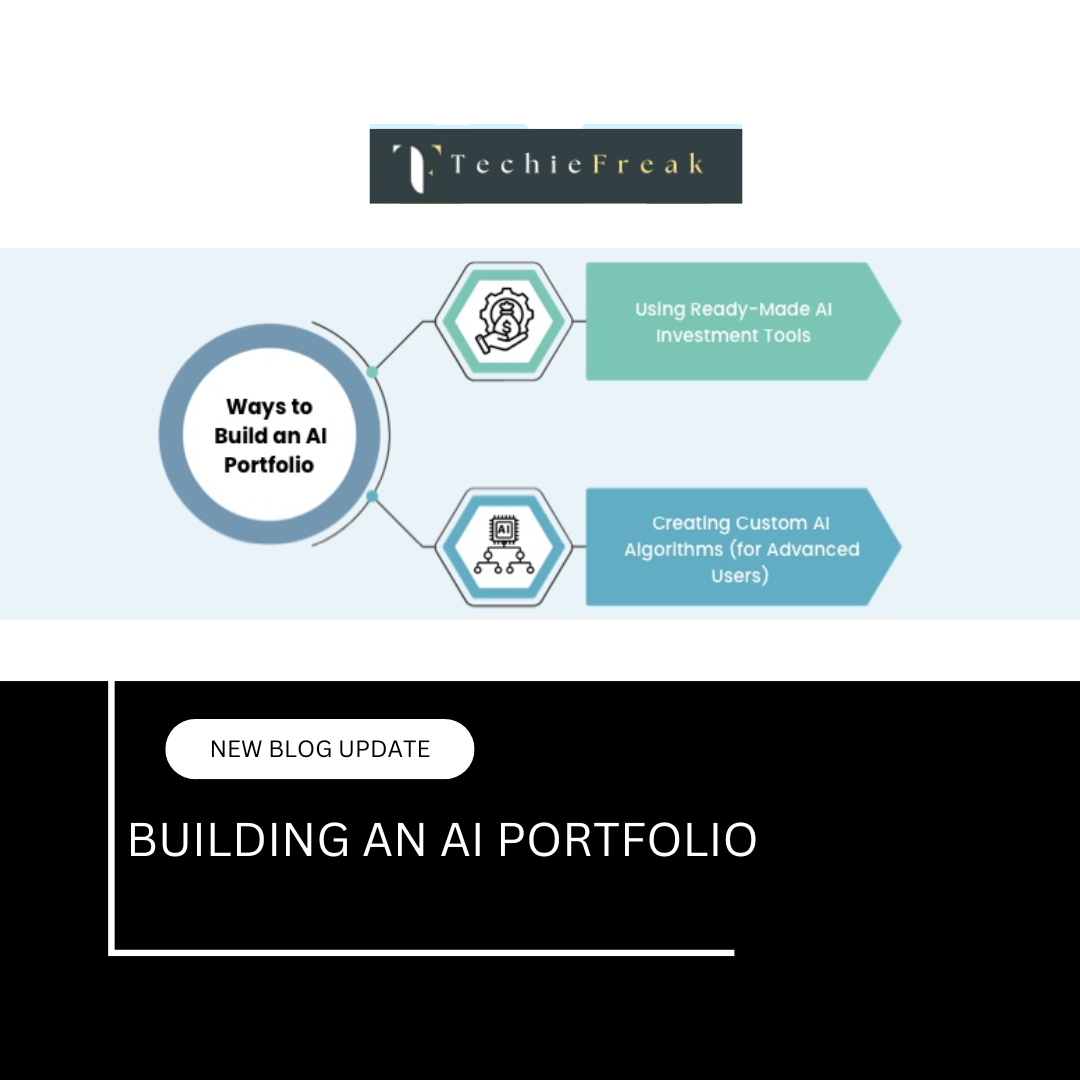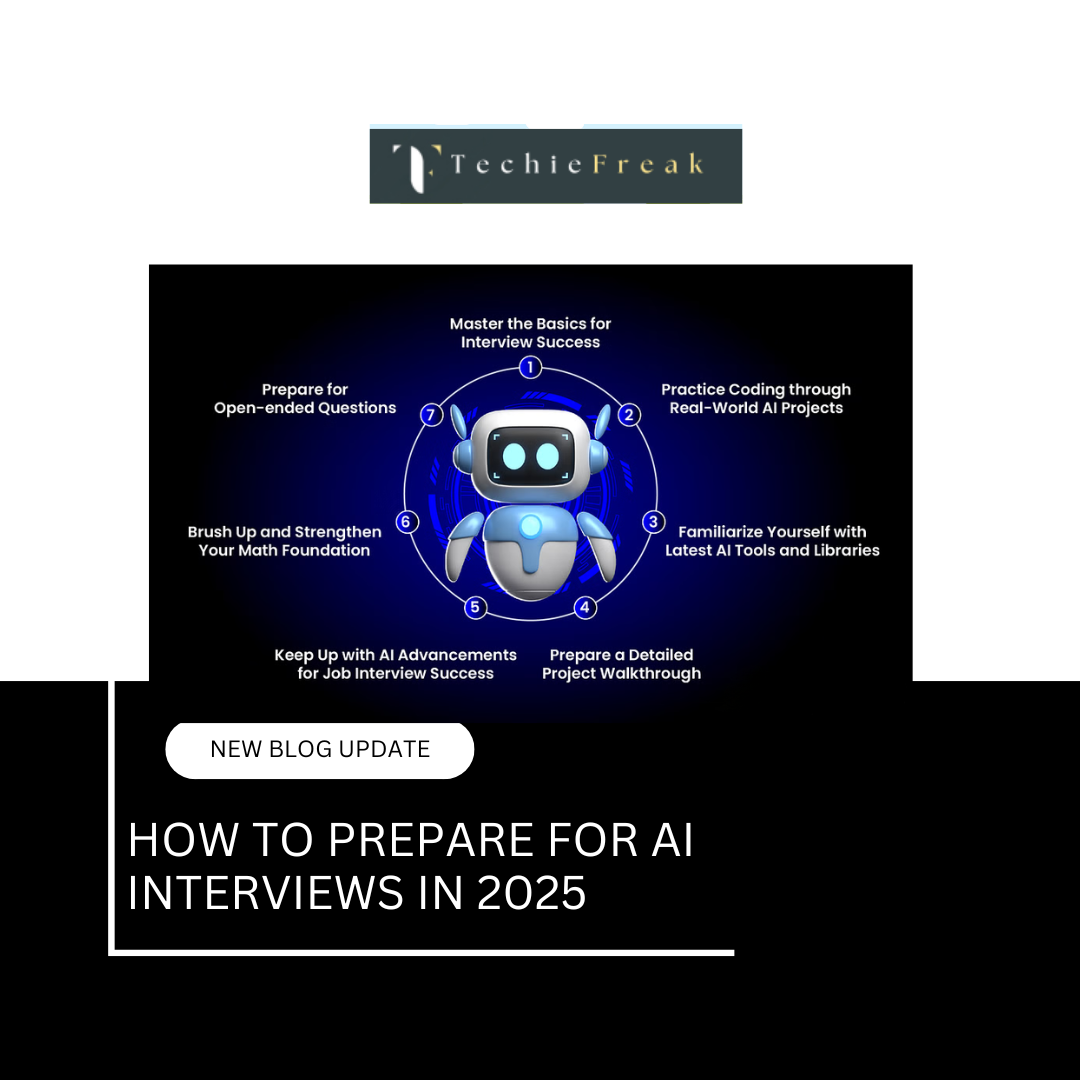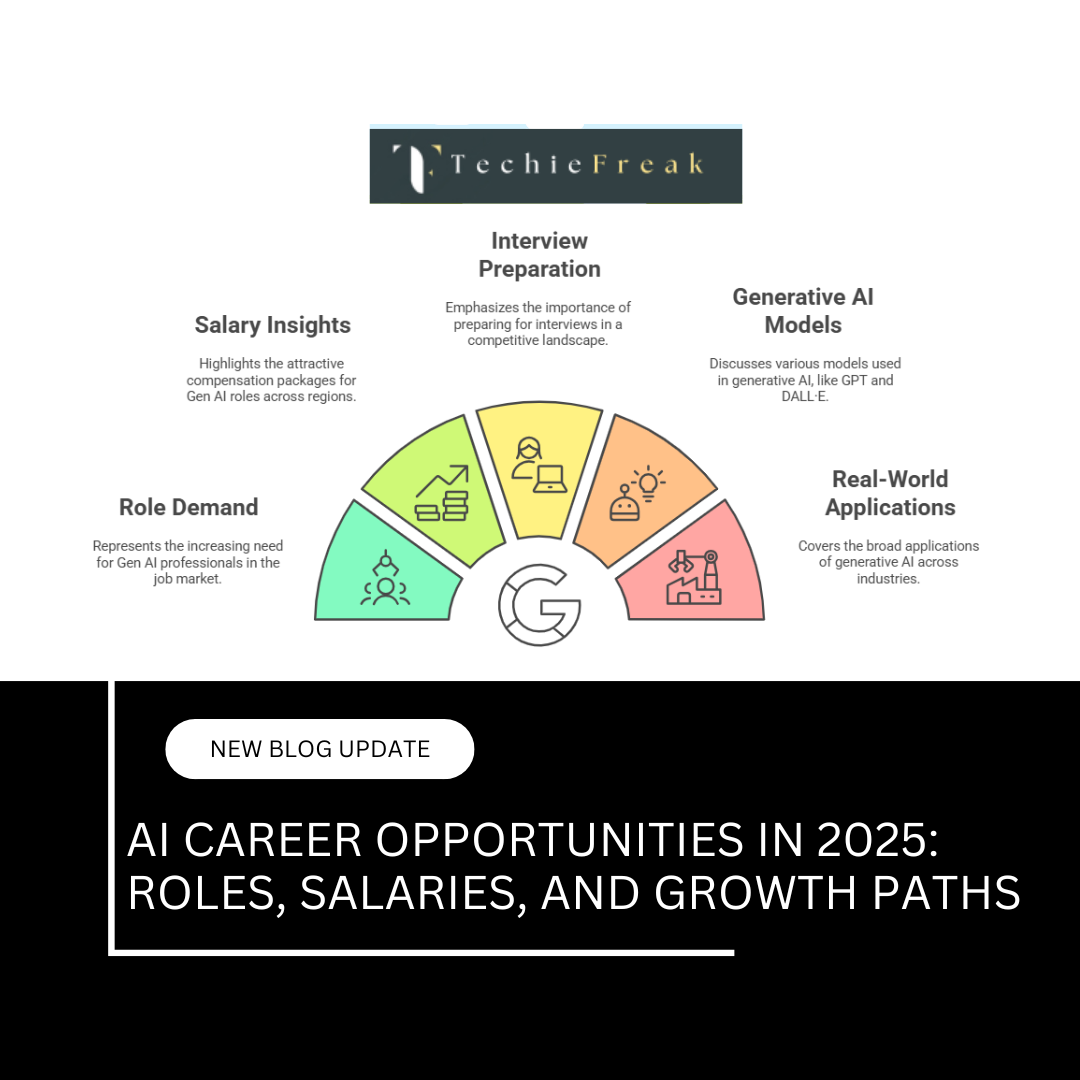AI Research Frontiers: Exploring the Future of Artificial Intelligence
Artificial Intelligence (AI) has evolved rapidly over the past decade, revolutionizing industries and reshaping the way humans interact with technology. However, the current advancements are only the beginning. Researchers worldwide are working towards pushing AI beyond its present capabilities. In this blog, we explore the major research frontiers shaping the future of AI.
1. Artificial General Intelligence (AGI)
Today’s AI systems are excellent at specialized tasks — translating languages, identifying images, or predicting trends. However, they lack the broad reasoning and adaptability that humans possess. This is where the concept of Artificial General Intelligence (AGI) comes into play.
AGI aims to create systems that can learn, reason, and apply knowledge across diverse domains, just like a human being. Researchers are combining deep learning with symbolic reasoning and memory models to move closer to this goal. Although AGI is still largely theoretical, it represents one of the most ambitious pursuits in AI research today.
2. Foundation Models and Multimodal AI
Foundation models, such as GPT-4 and other large language models, have demonstrated remarkable versatility. These models are trained on massive datasets and can perform a wide range of tasks without task-specific fine-tuning.
The next leap is multimodal AI, which can process multiple types of data — text, images, audio, and video — simultaneously. A multimodal AI system could, for example, analyze a patient’s medical images, lab results, and clinical notes together, providing a more holistic diagnosis. Research is focused on building models that seamlessly integrate and reason across different data modalities.
3. Explainable AI (XAI) and Trustworthy Systems
As AI systems become more complex, their decision-making processes often become opaque. This "black box" problem makes it difficult for users to trust AI recommendations, especially in sensitive sectors like healthcare, finance, and law.
Explainable AI (XAI) aims to create models that not only perform well but also provide understandable explanations for their outputs. Trustworthy AI focuses on reliability, transparency, fairness, and accountability. Together, these fields are essential to ensure that AI systems are not only powerful but also ethical and responsible.
4. AI Safety and Alignment
AI safety has become a major focus as systems grow more autonomous and influential. Researchers are working to ensure that AI behaviors align with human values and intentions.
Key areas of study include:
- Value alignment: Making sure AI objectives are consistent with human ethics.
- Robustness: Ensuring AI performs reliably under unexpected conditions.
- Controllability: Maintaining human oversight over AI decisions and actions.
AI safety is not just about avoiding catastrophic scenarios but also about building AI systems that people can trust in everyday applications.
5. Sustainable and Energy-Efficient AI
Training large AI models often requires enormous computational resources, leading to significant energy consumption and environmental impact. With concerns over carbon emissions rising, researchers are exploring ways to make AI more sustainable.
Efforts include:
- Developing model compression techniques to reduce size without sacrificing performance.
- Designing more efficient algorithms.
- Building specialized low-power hardware optimized for AI tasks.
Sustainability is becoming a critical benchmark for future AI innovations.
6. Privacy-Preserving AI
AI models typically rely on massive amounts of data, raising concerns about privacy and data security. In response, privacy-preserving AI research is gaining momentum.
Innovations include:
- Federated learning: Training models across decentralized devices without transferring raw data to a central server.
- Differential privacy: Adding statistical noise to data to protect individual identities.
Such methods are crucial for sectors like healthcare, finance, and personalized services where safeguarding user data is paramount.
7. AI in Scientific Discovery
One of the most exciting developments is AI’s role in accelerating scientific research. From predicting protein structures to discovering new materials, AI is transforming the pace and scope of scientific inquiry.
Future research aims to create AI systems that can:
- Generate scientific hypotheses.
- Design experiments autonomously.
- Drive breakthroughs across physics, chemistry, biology, and engineering.
Rather than merely assisting scientists, AI is on the path to becoming a full partner in discovery.
8. Ethics and Societal Impact
The societal implications of AI deployment are profound. Biases in algorithms, lack of accountability, and potential job displacement are critical concerns.
Research in ethical AI focuses on:
- Ensuring fairness across demographics.
- Promoting accountability in AI system design and deployment.
- Creating inclusive systems that consider the needs of diverse populations.
Governments, organizations, and researchers are actively working towards establishing standards, regulations, and ethical frameworks to ensure that AI benefits society as a whole.
Conclusion
The future of AI is vast and filled with promise, but it also demands thoughtful navigation. Researchers across the world are not only working to make AI more powerful but also more trustworthy, ethical, and sustainable. As we stand on the edge of the next wave of innovation, understanding these research frontiers is essential for shaping an AI-driven world that uplifts humanity.
Next Blog- Preparing for an AI-Driven World
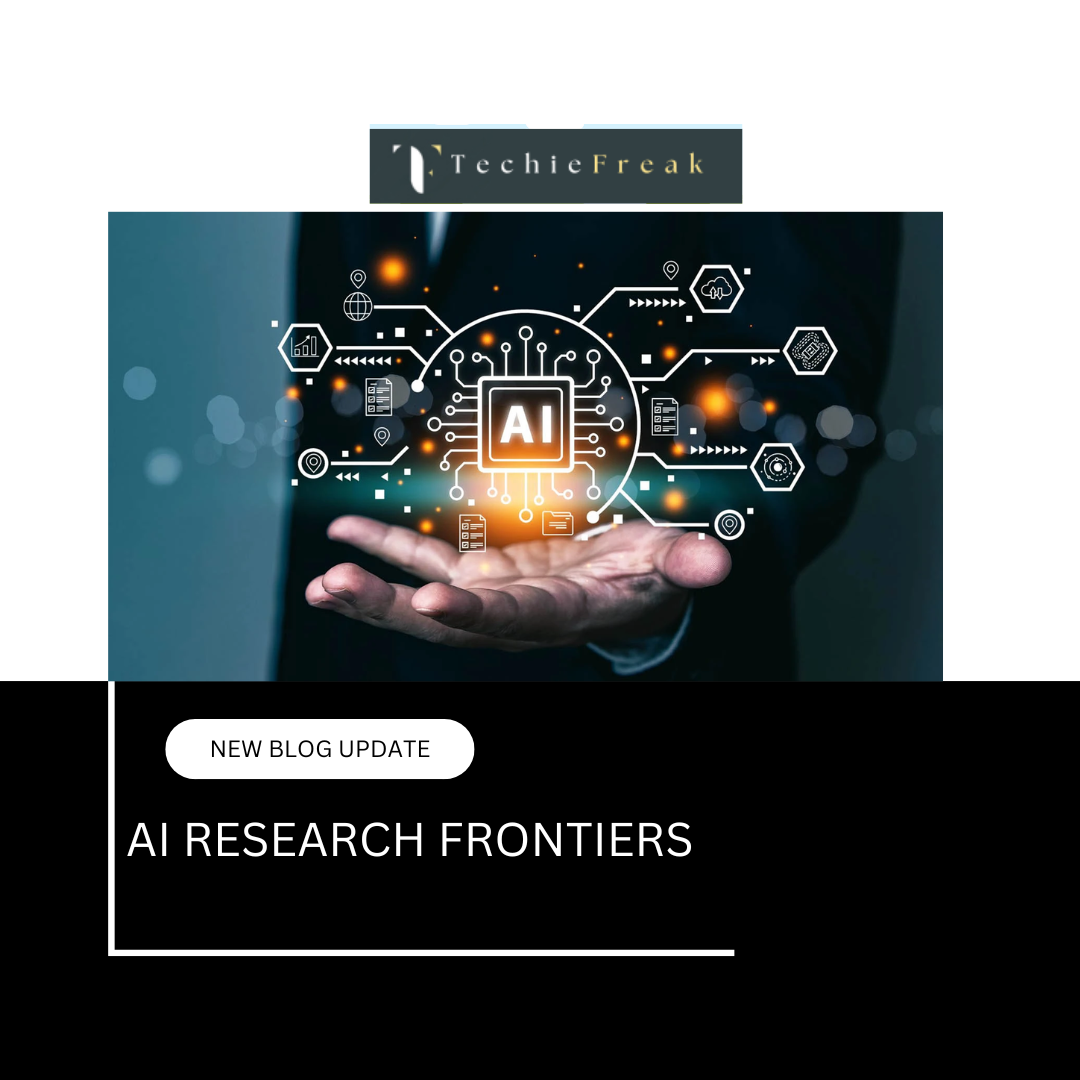


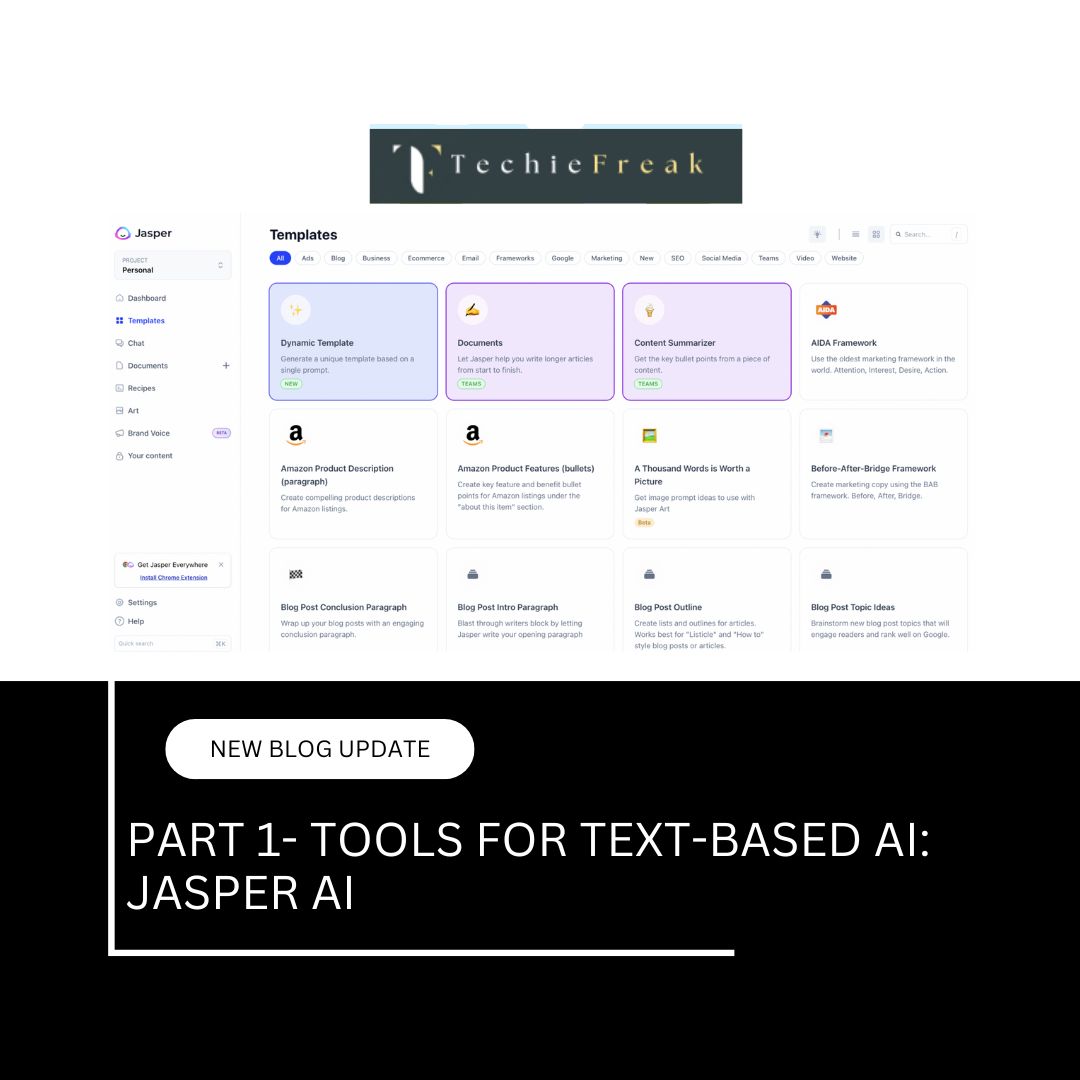
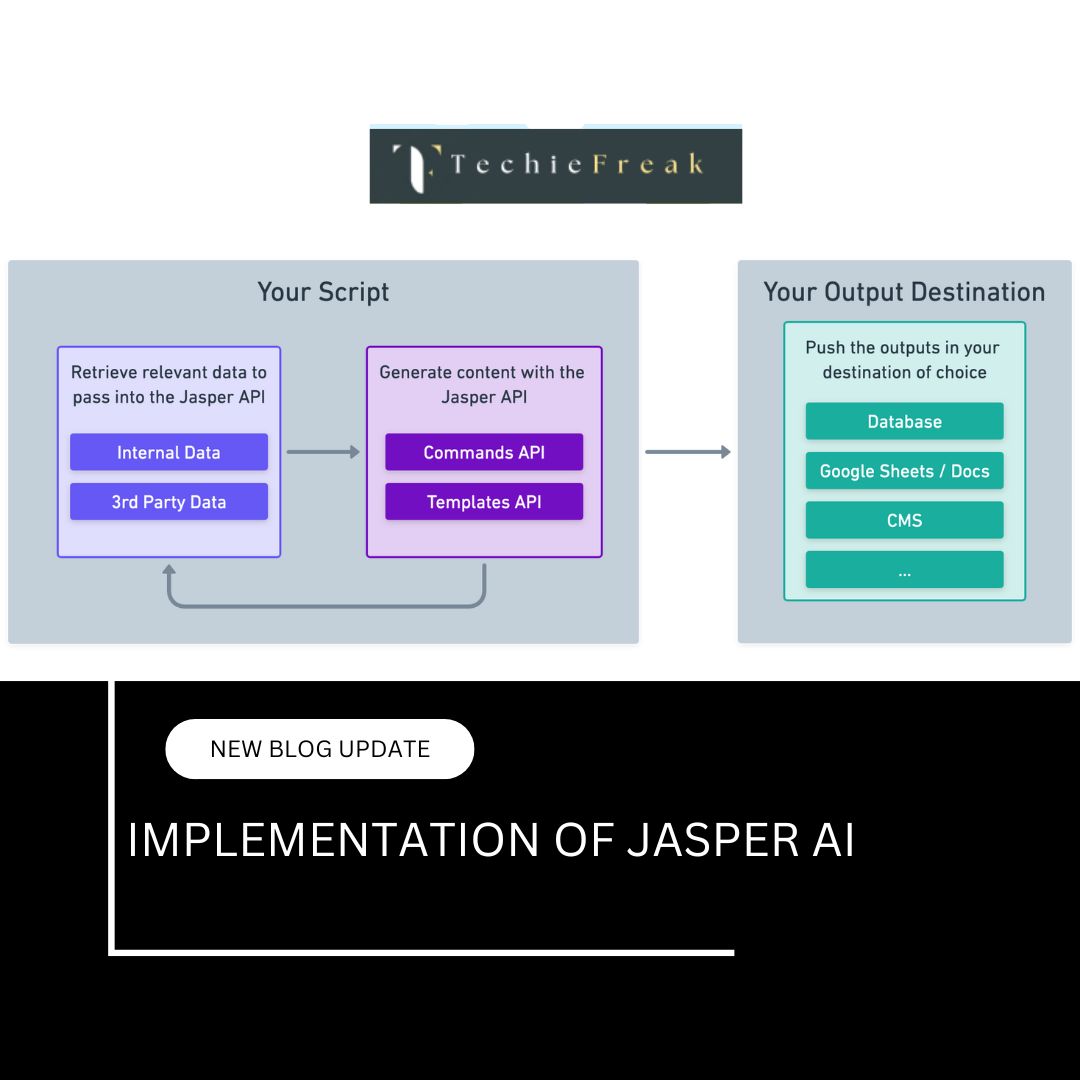
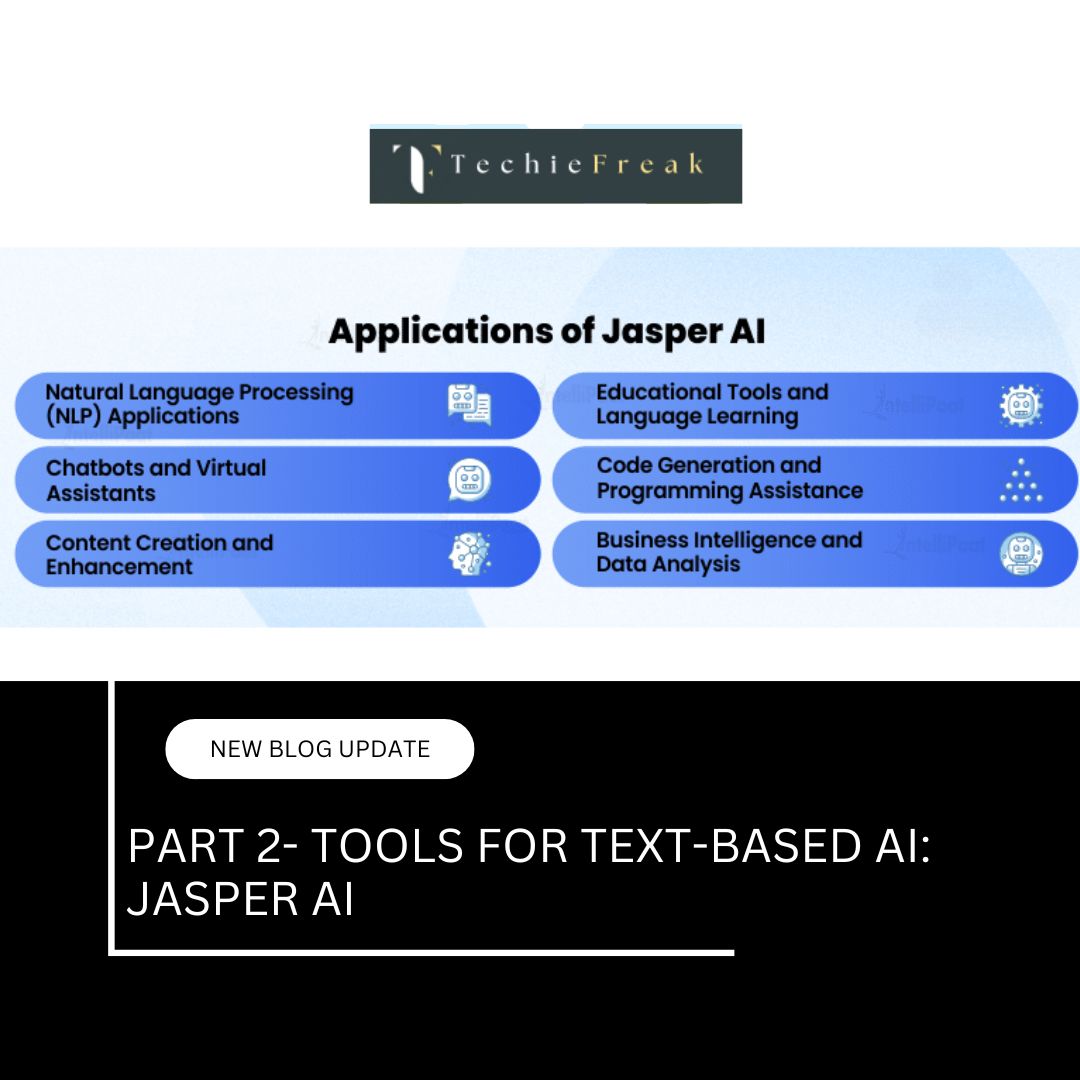
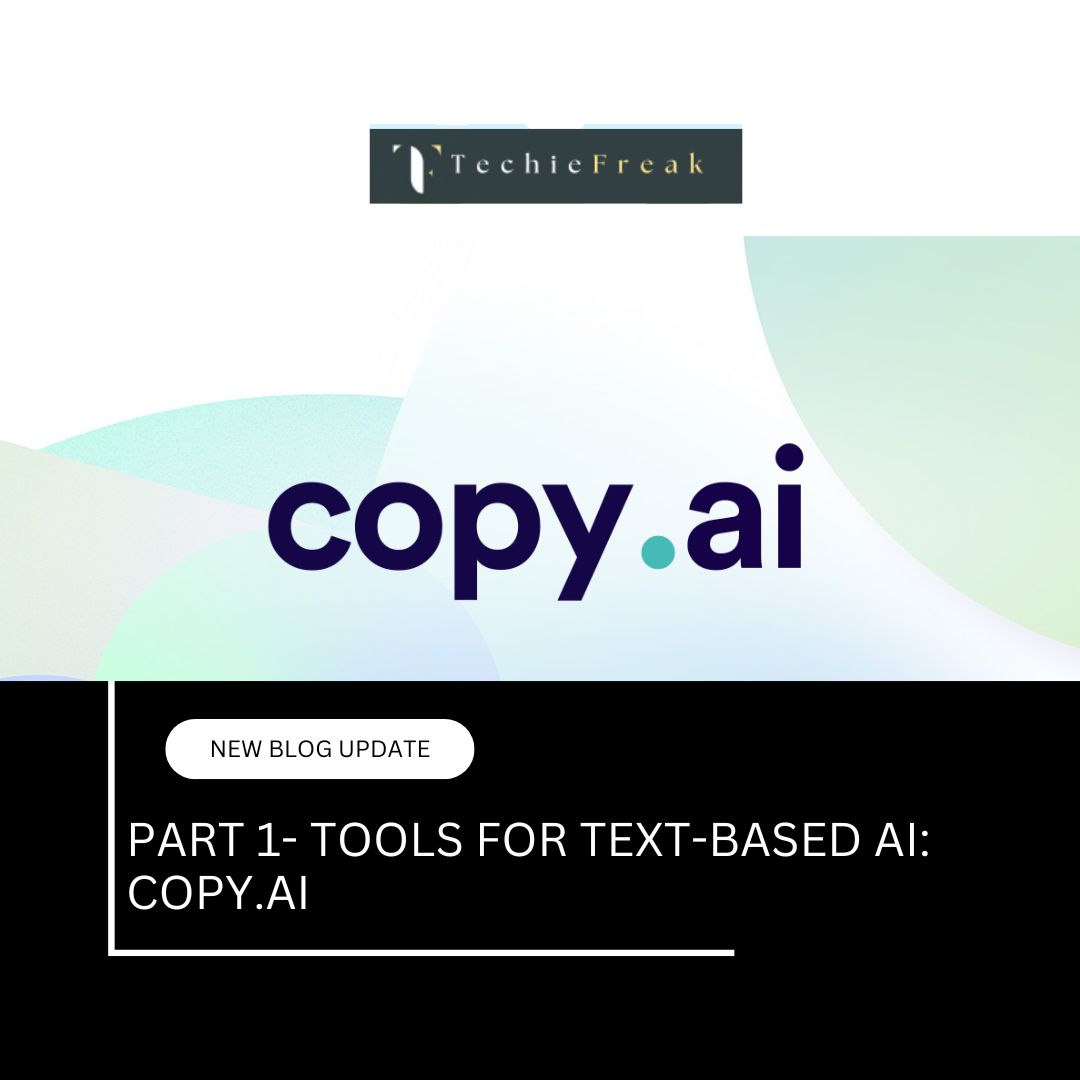
.jpg)
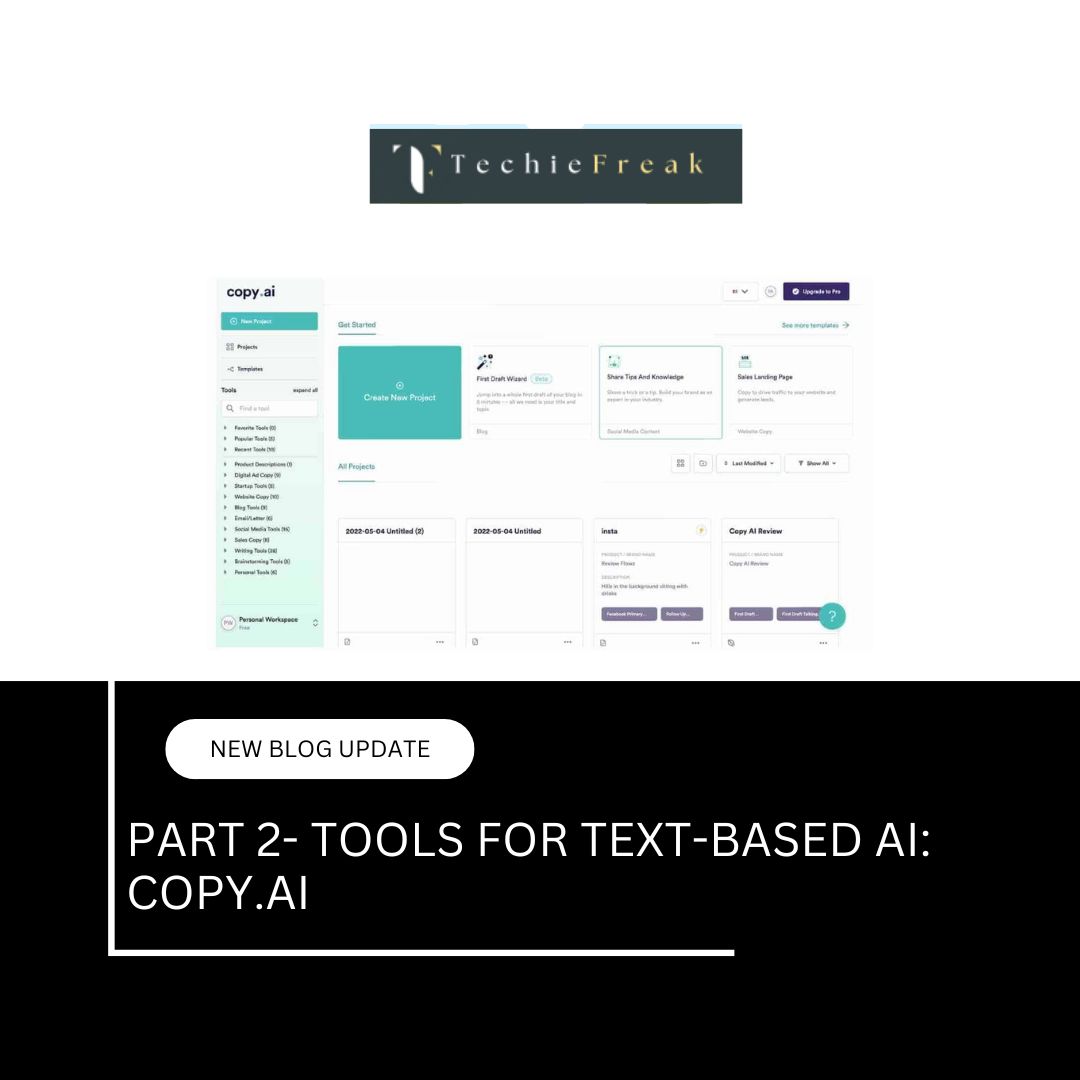
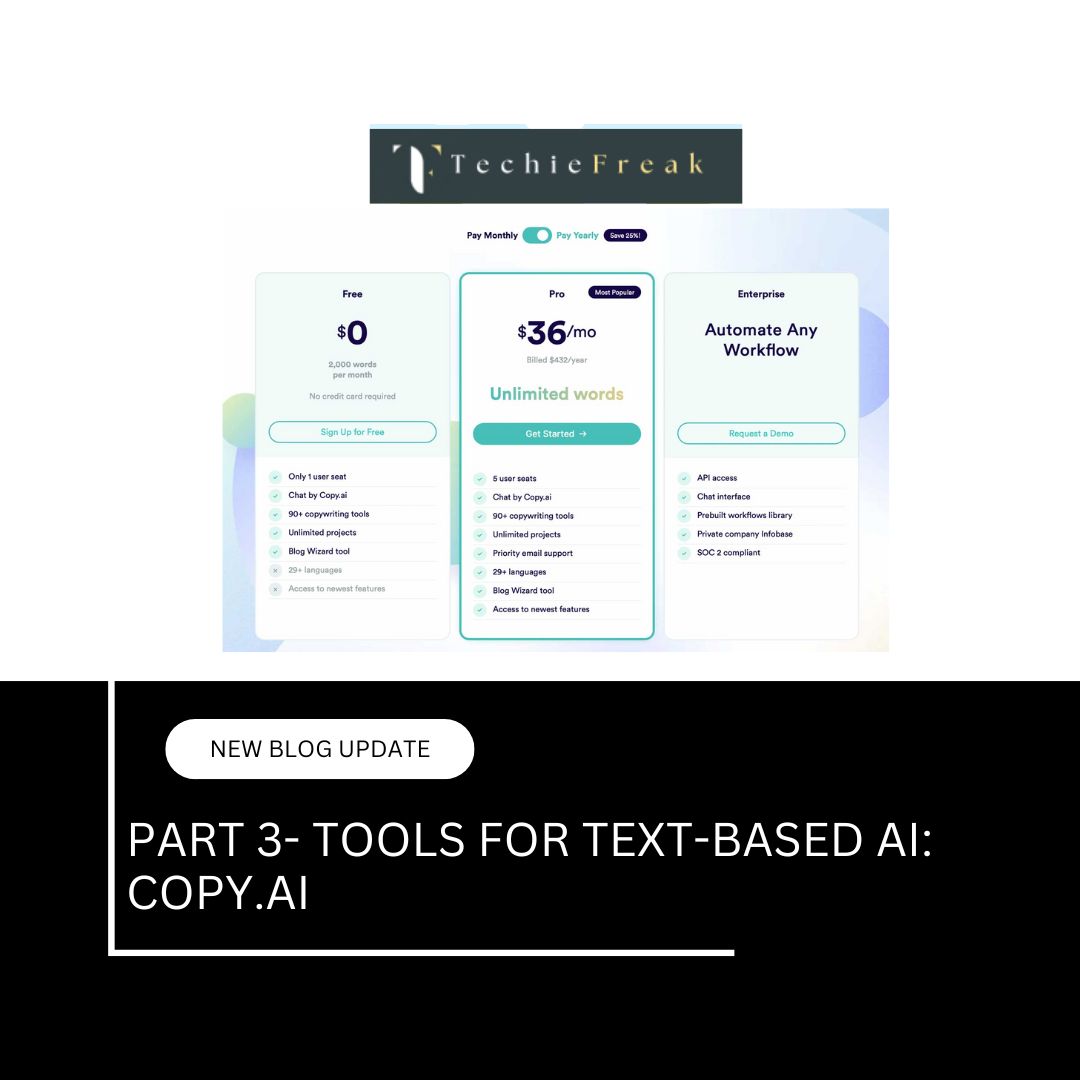

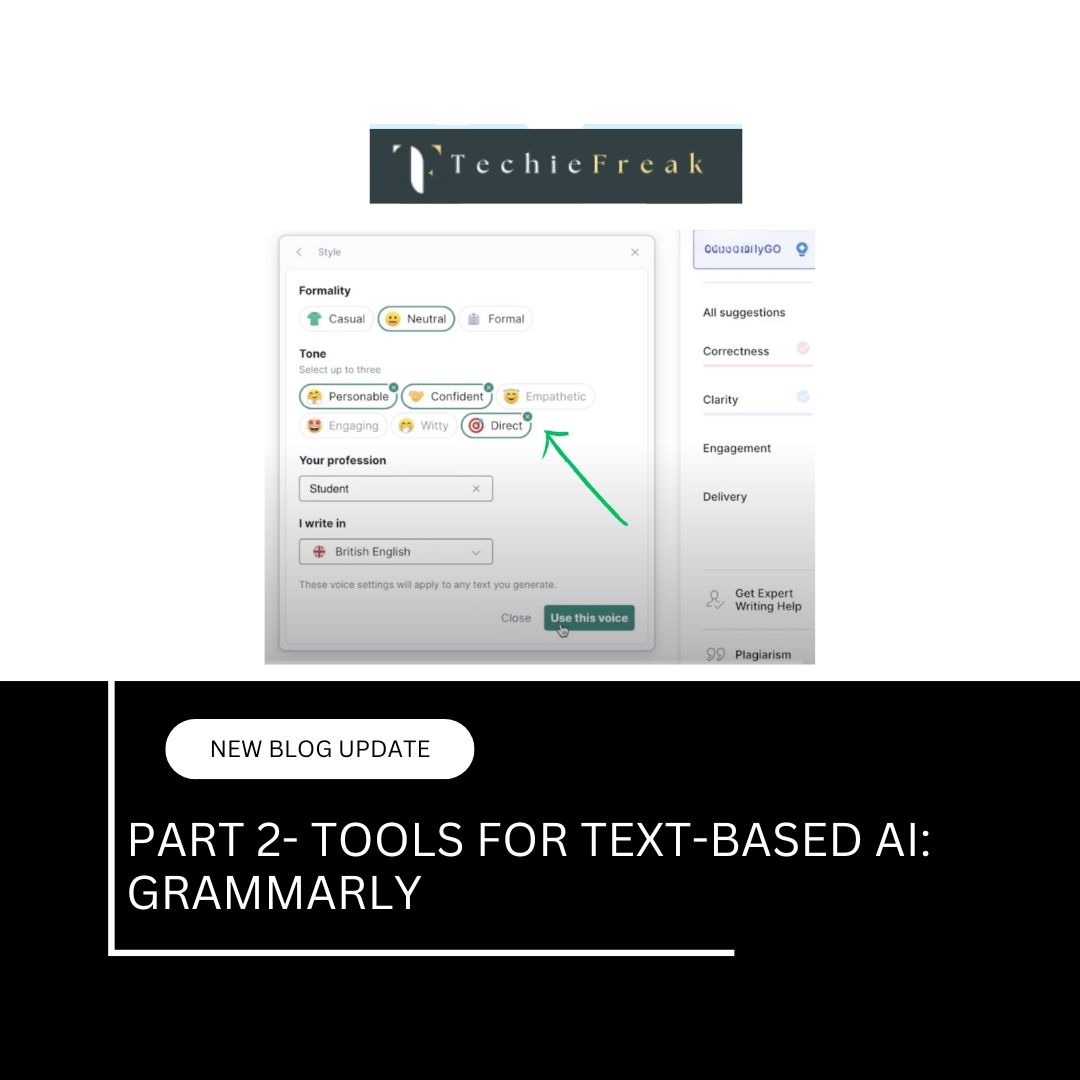
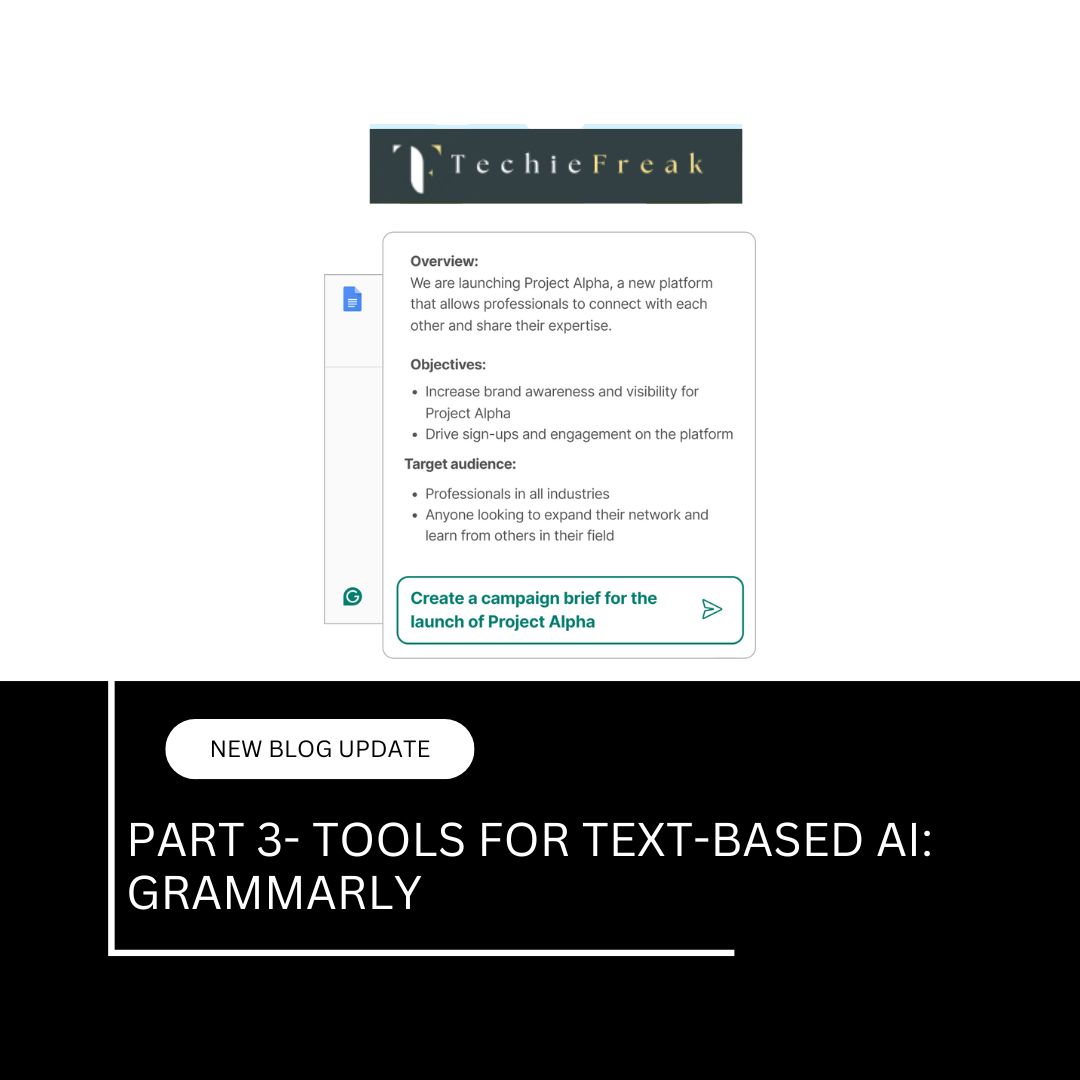
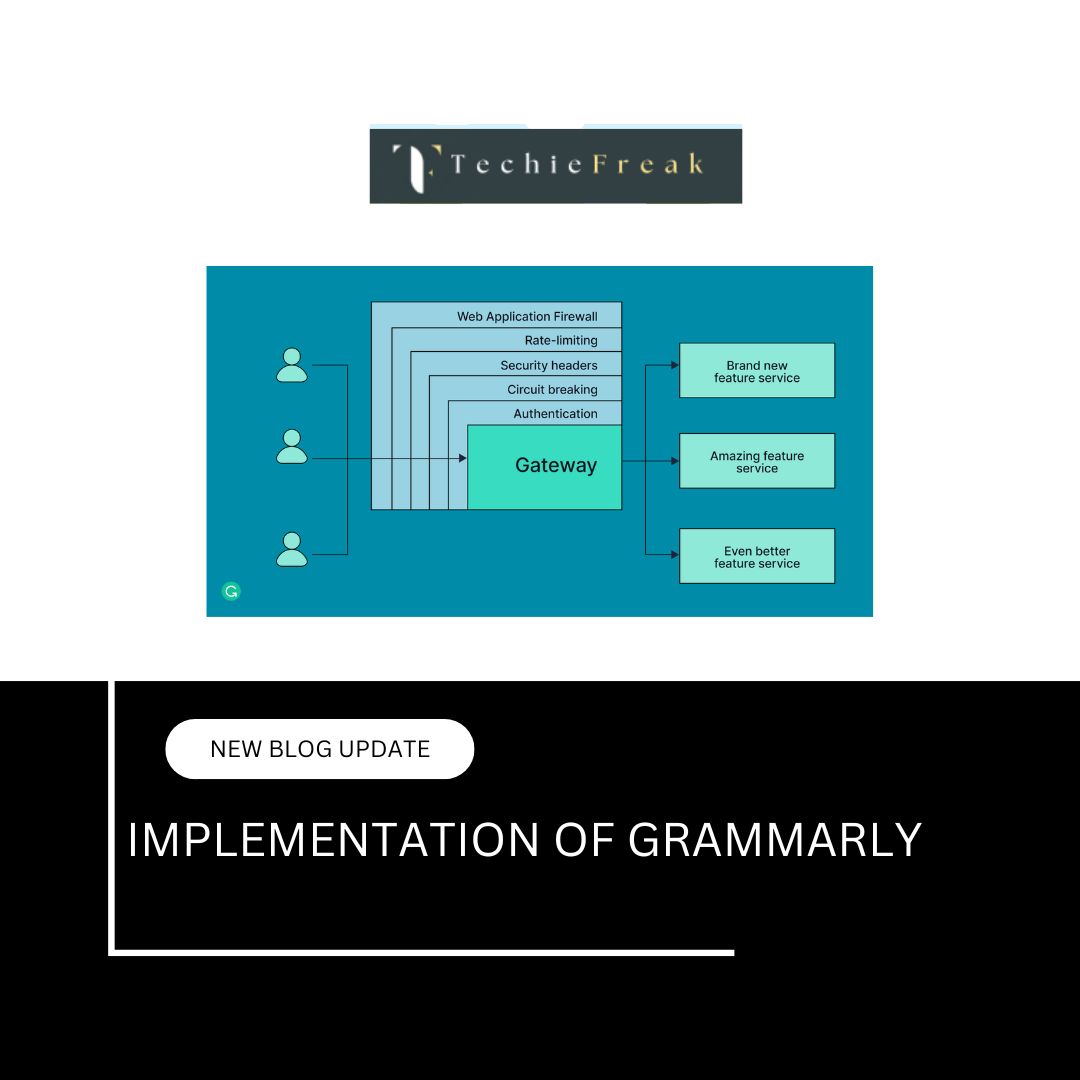

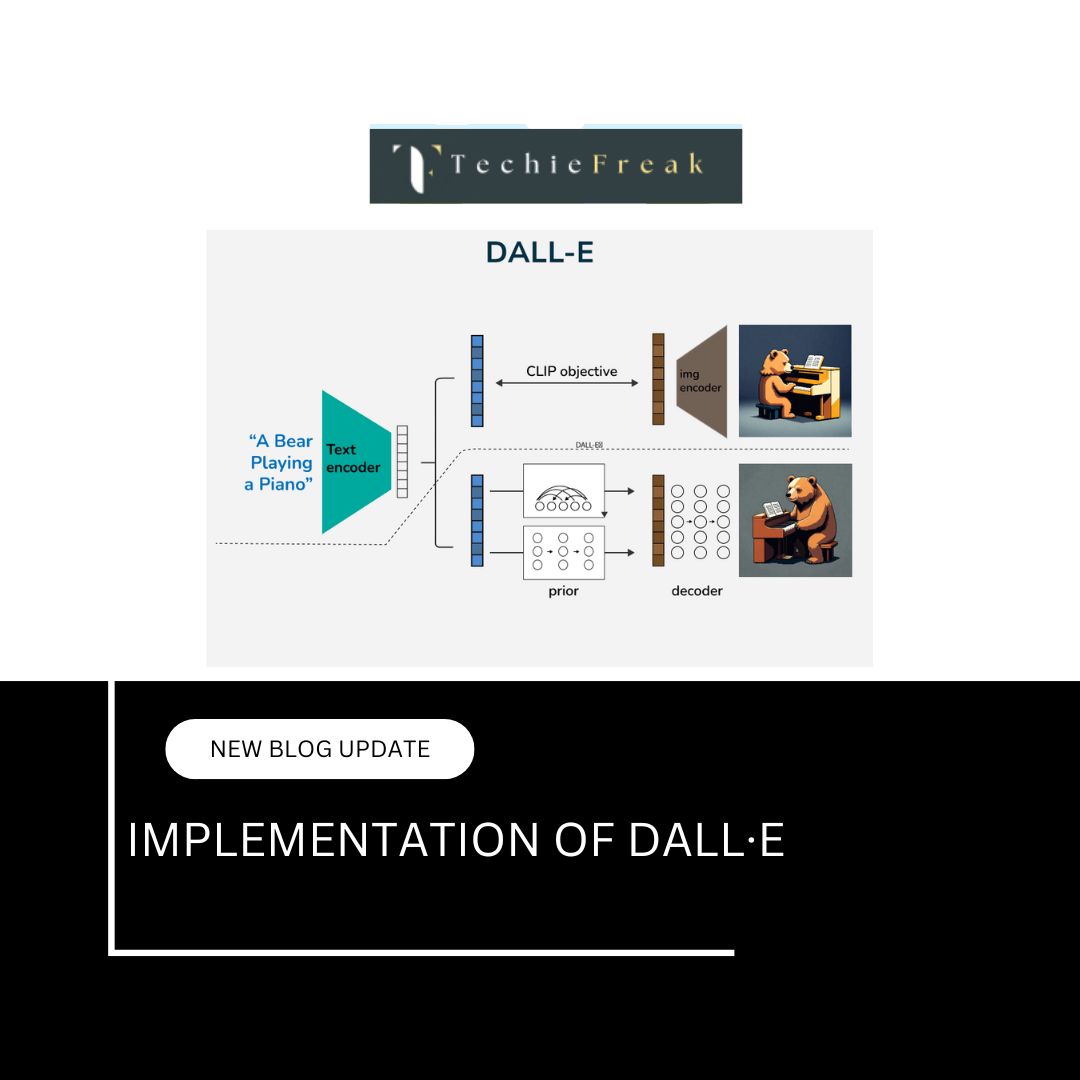


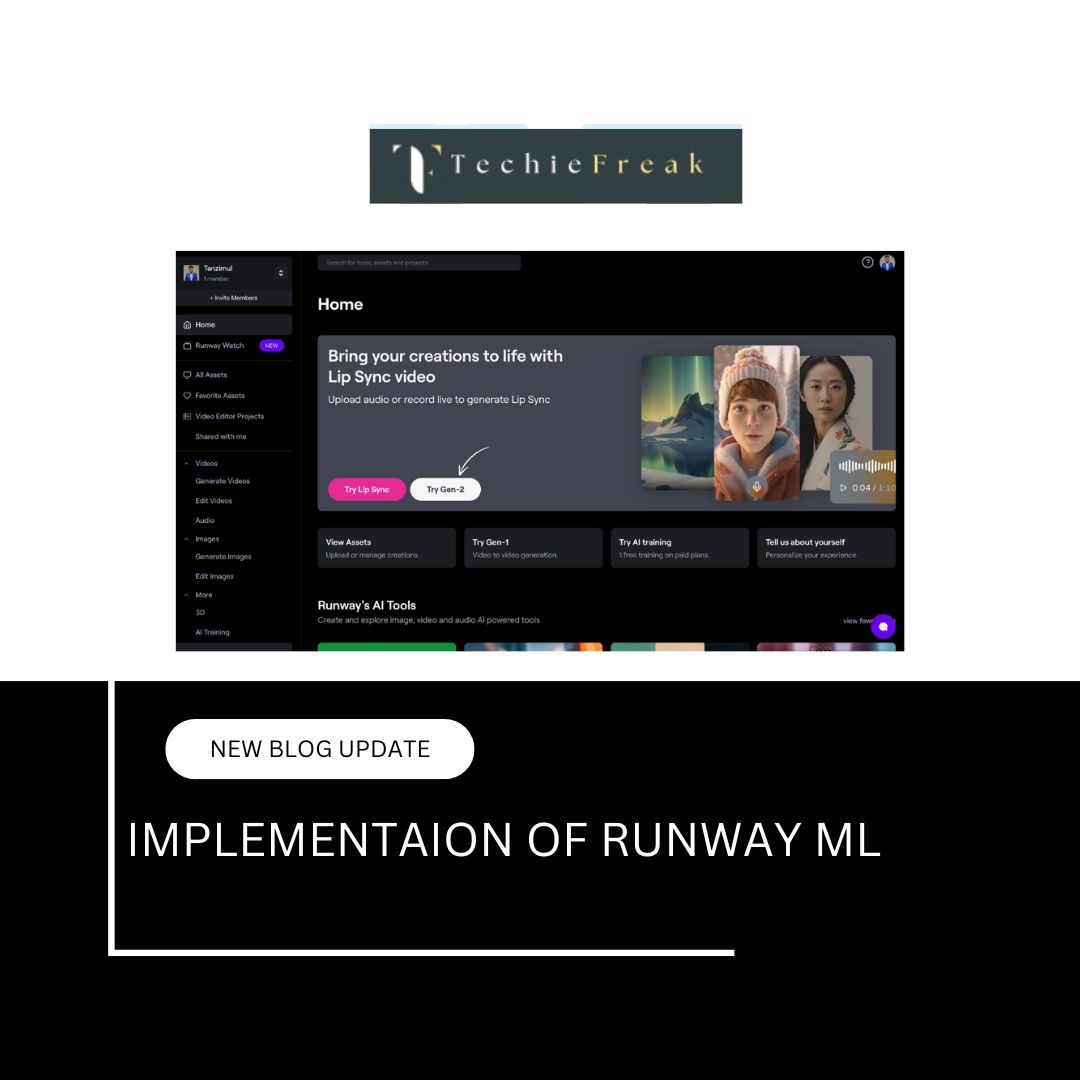


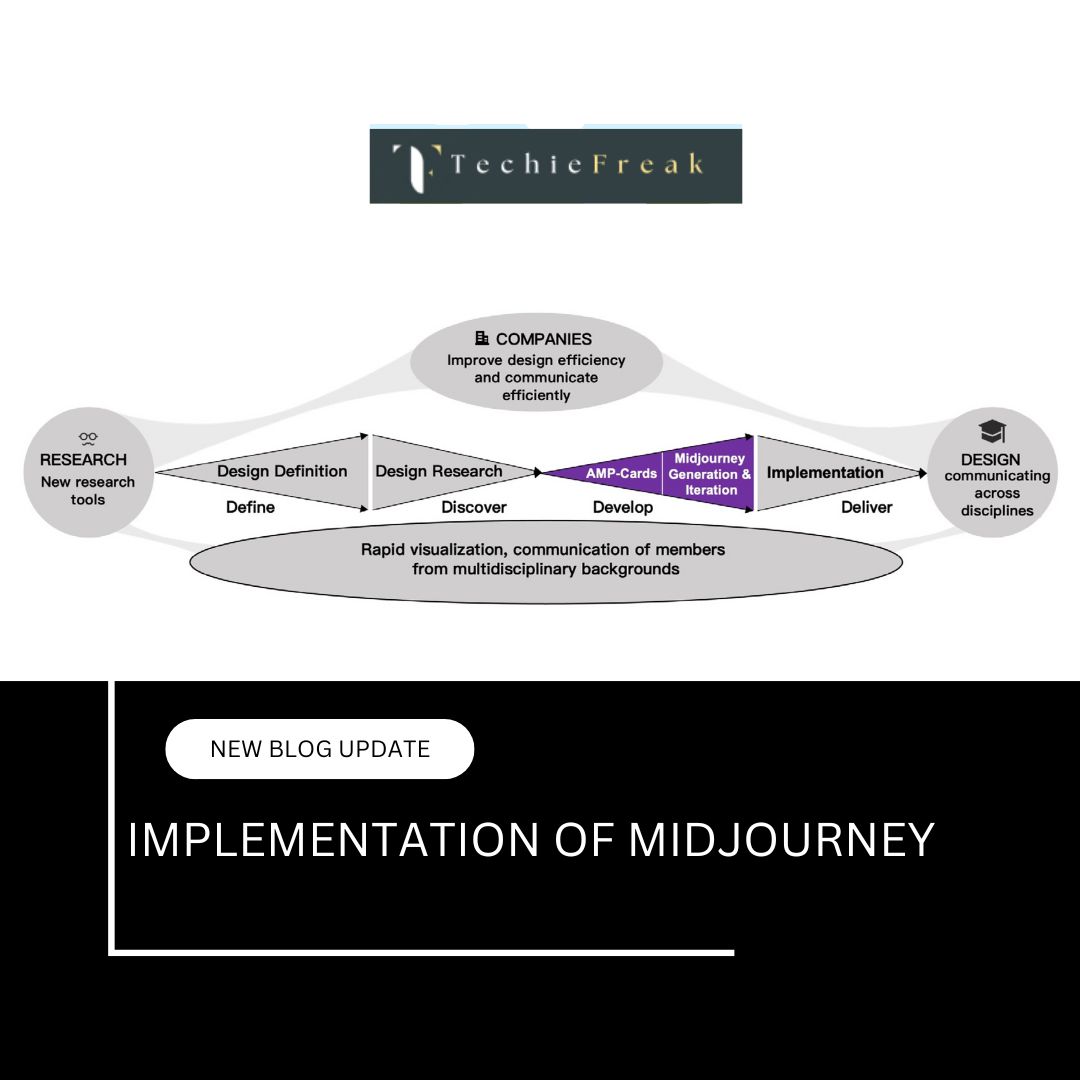
.jpg)


.png)
.png)
.png)
.png)
.png)
.png)
.png)
.png)
.png)
.png)
.png)
.png)
.png)
.png)
.png)
.png)
.png)
.png)
.png)
.png)
.png)
.png)
.png)
.png)
.png)
.png)
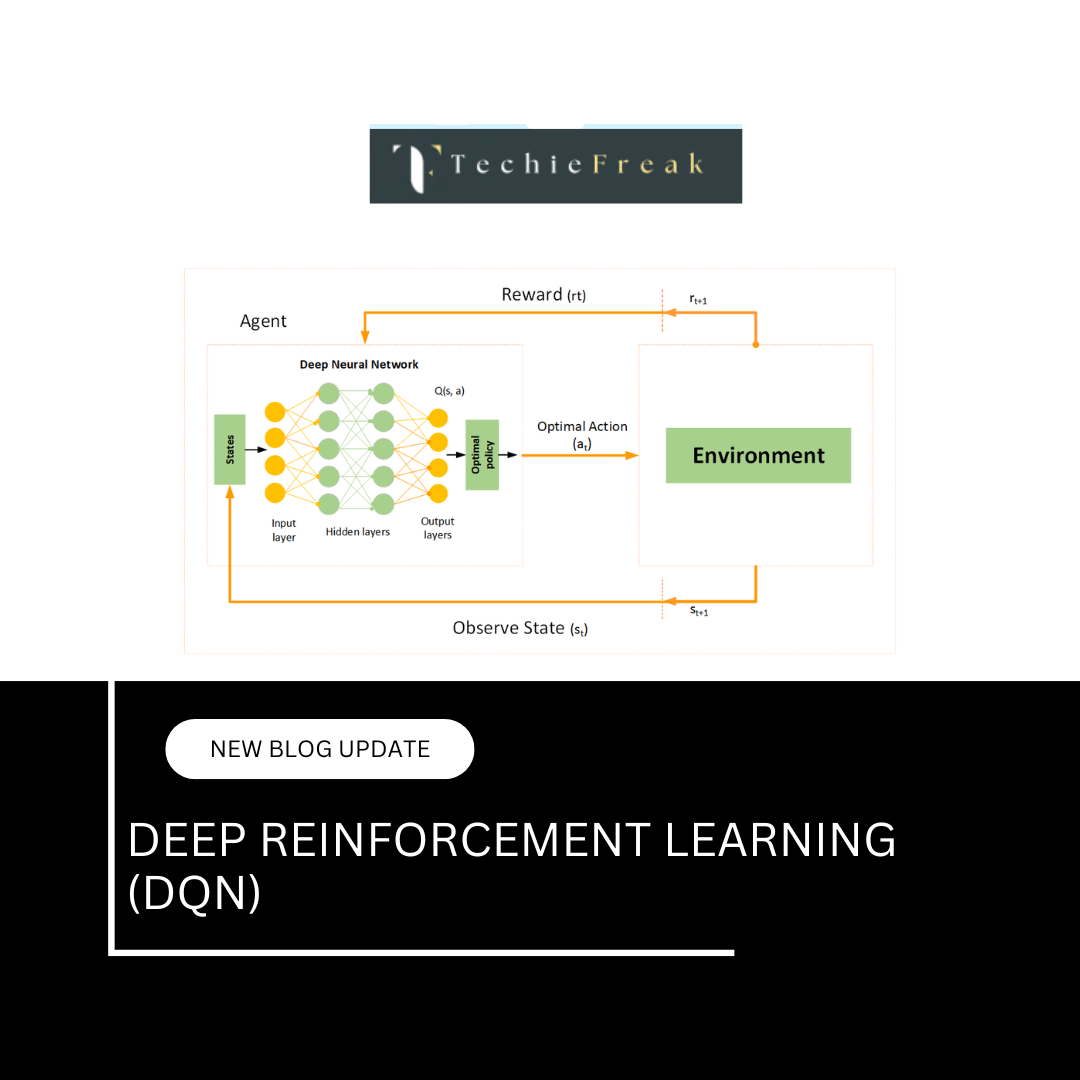
.png)
.png)
.png)
.png)
.png)
.png)

.png)


